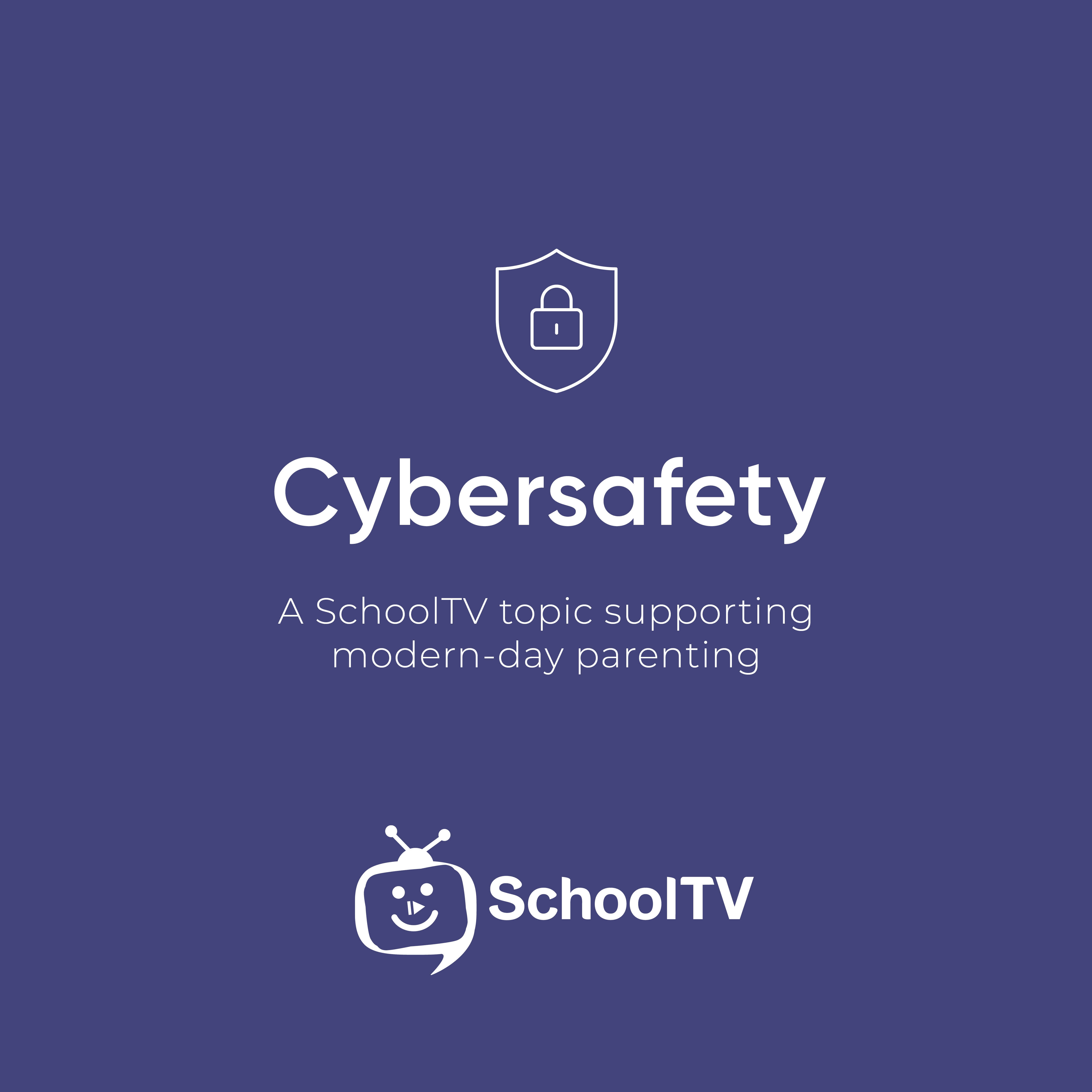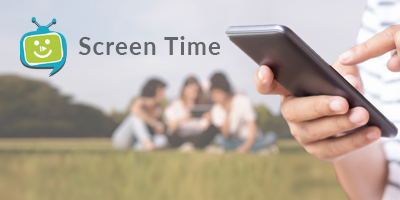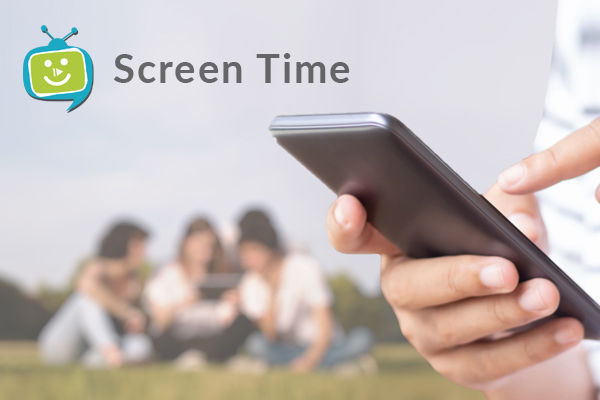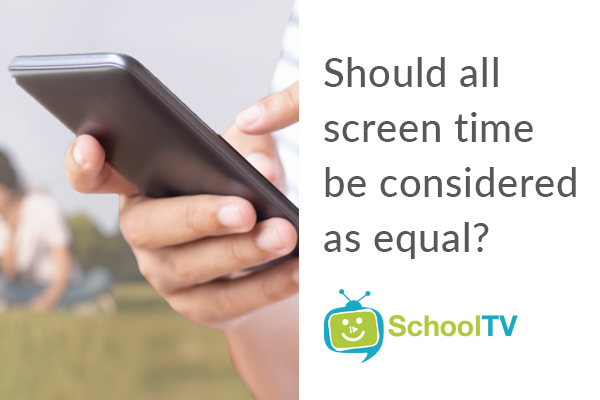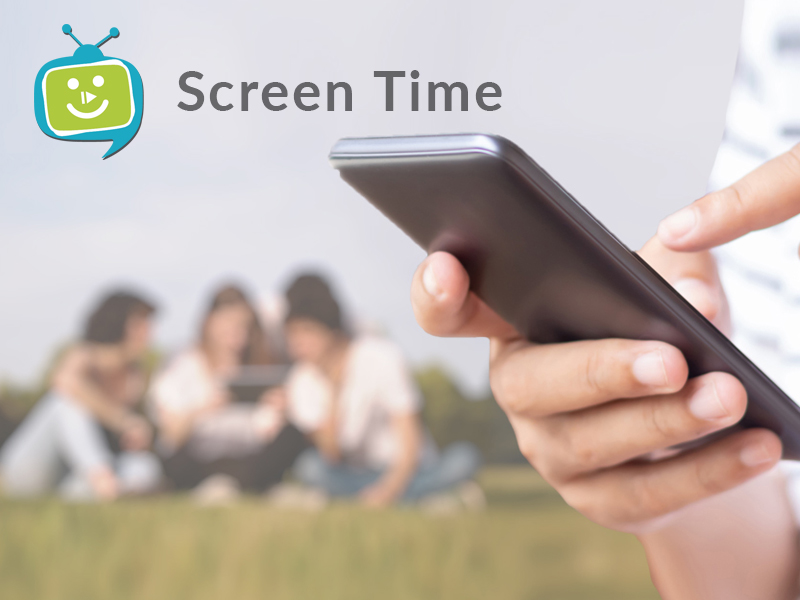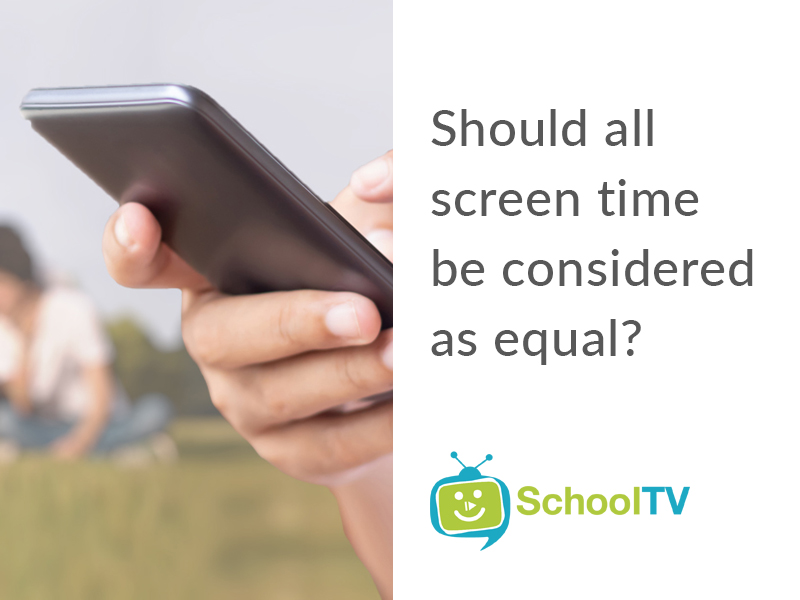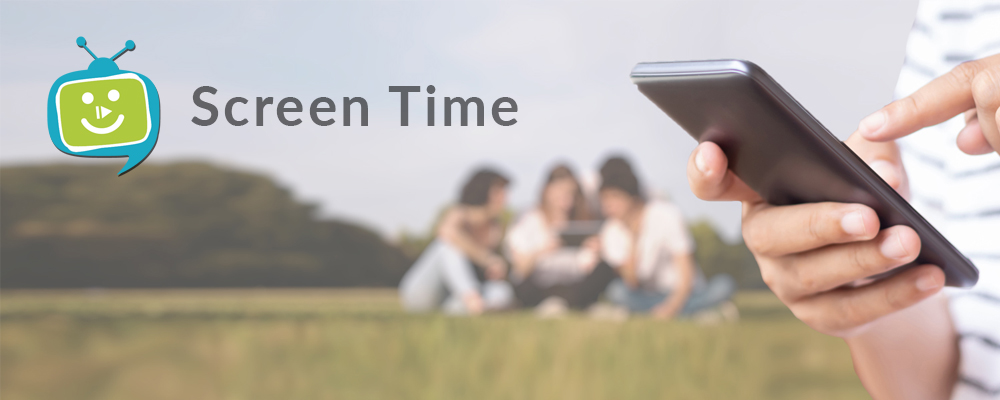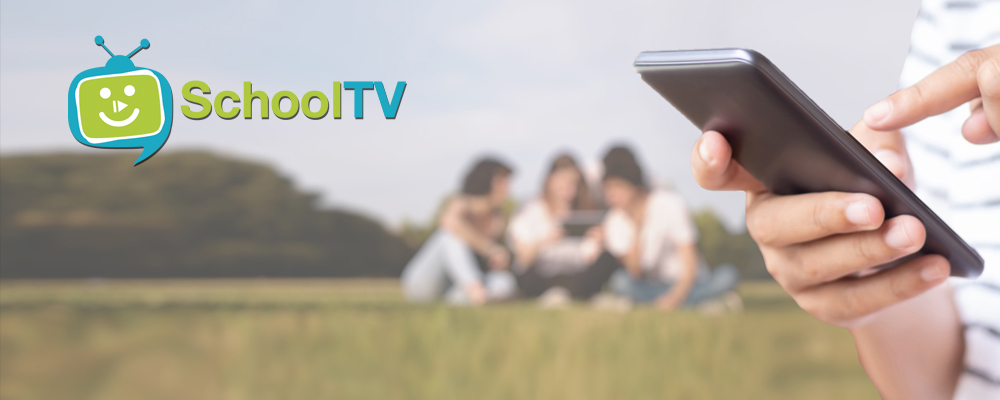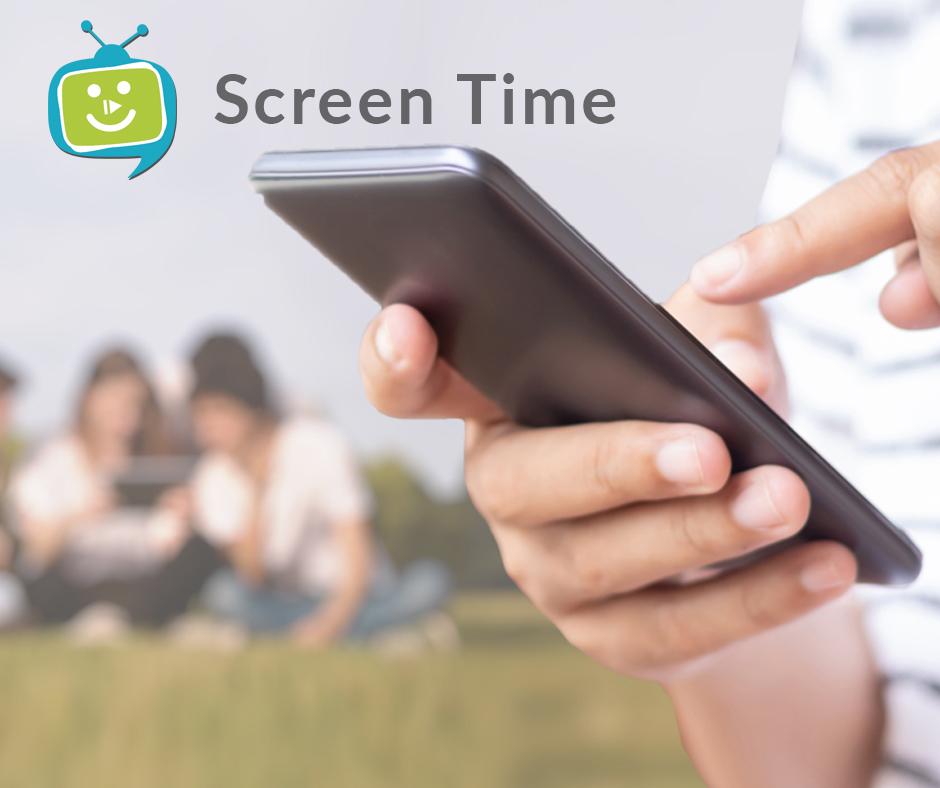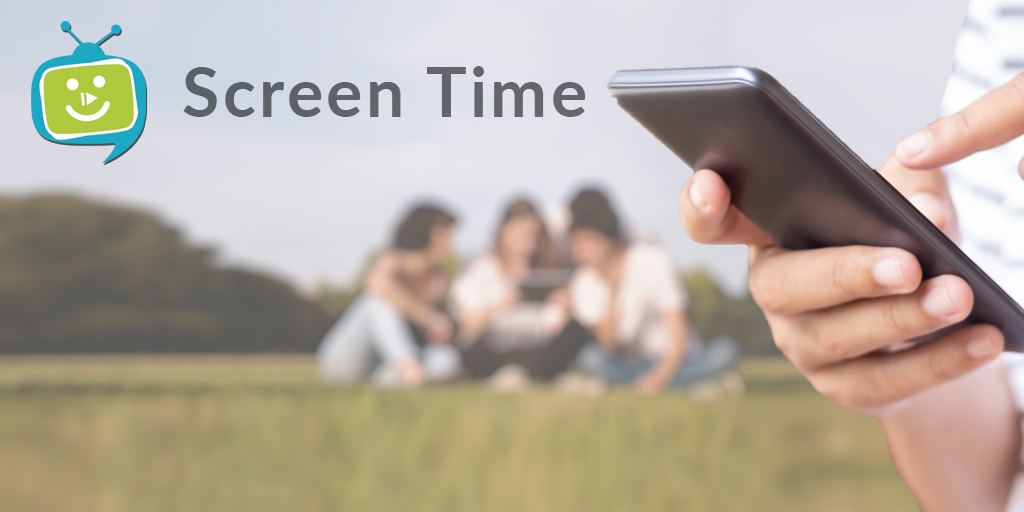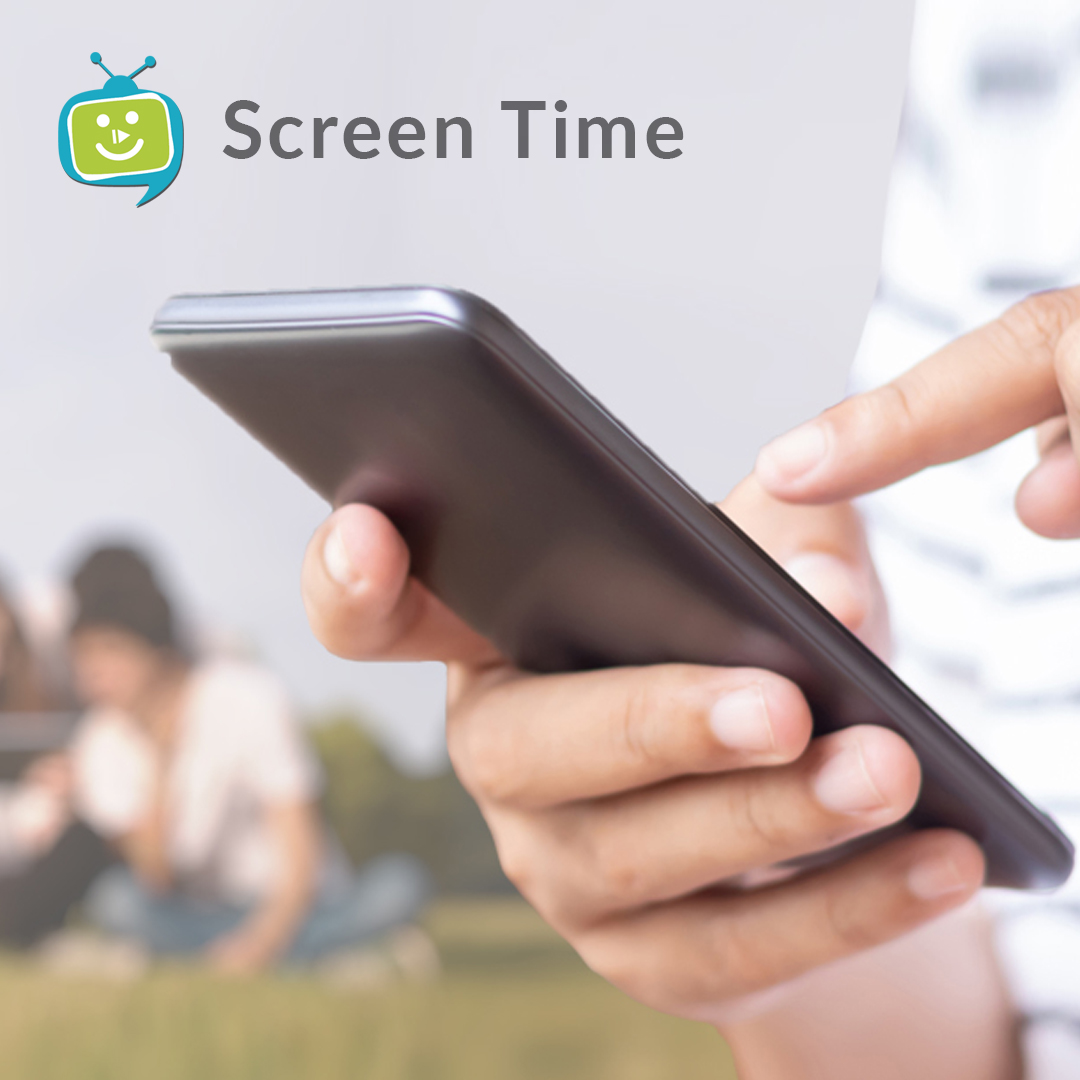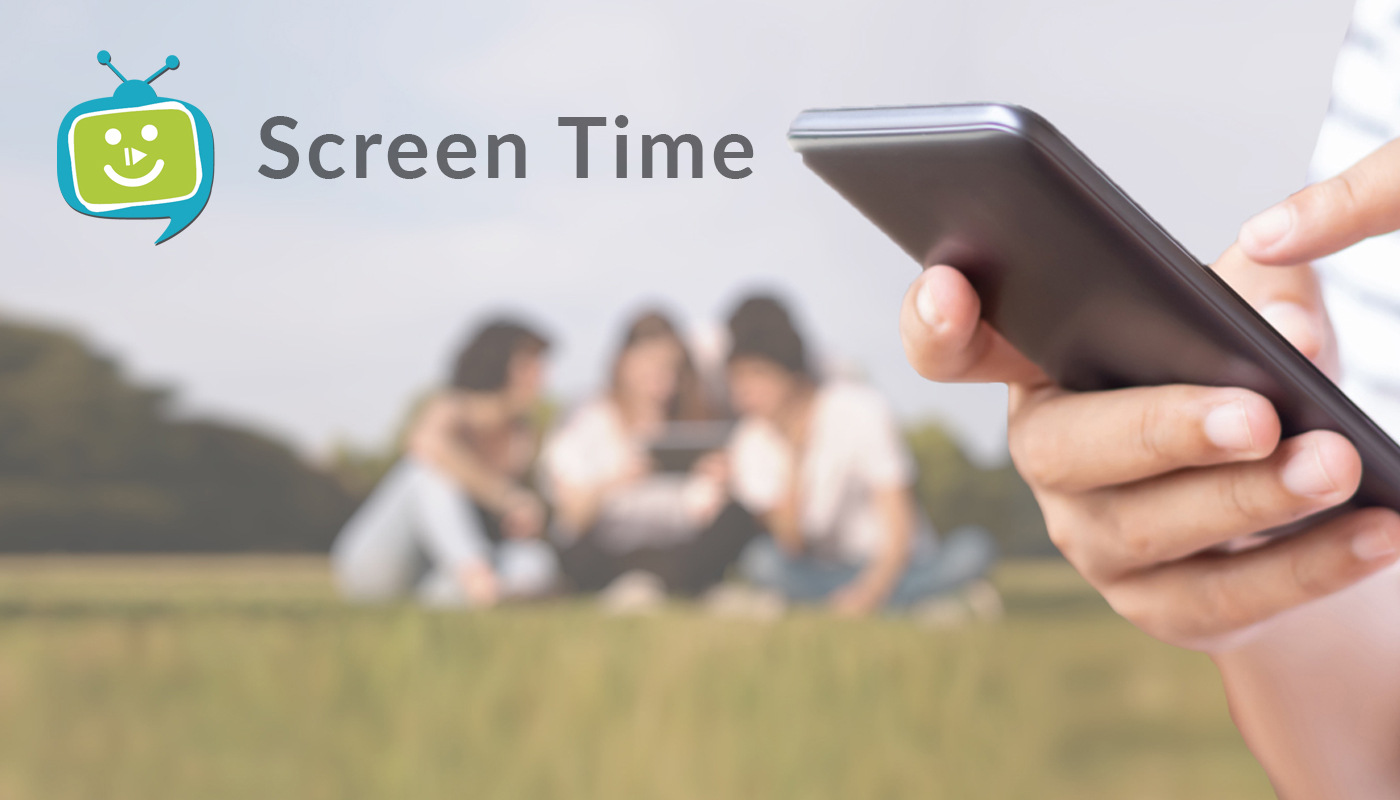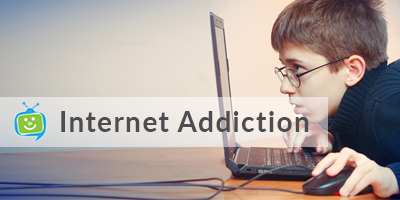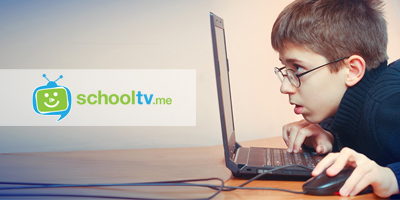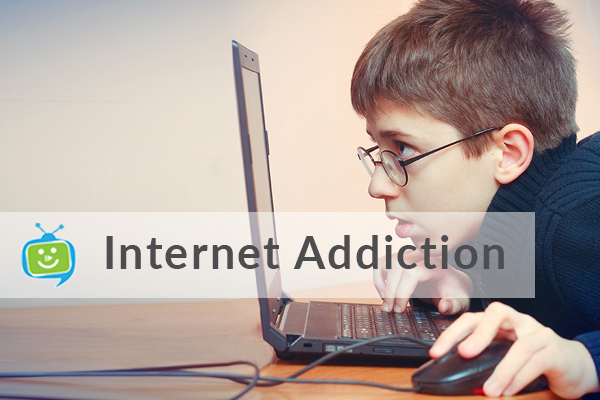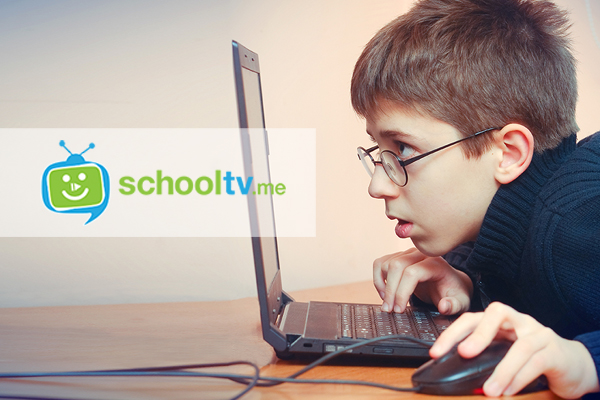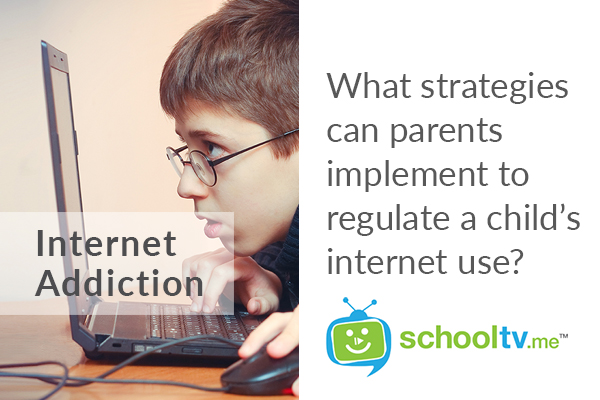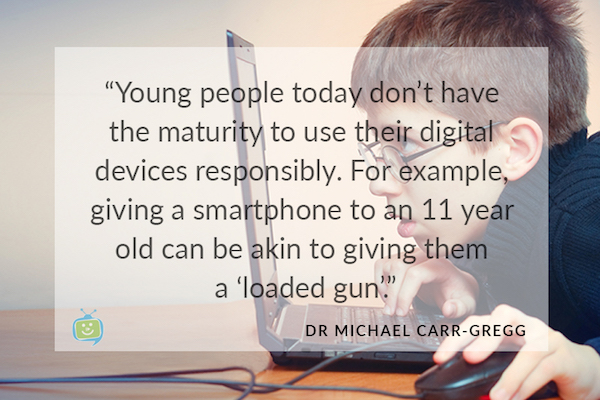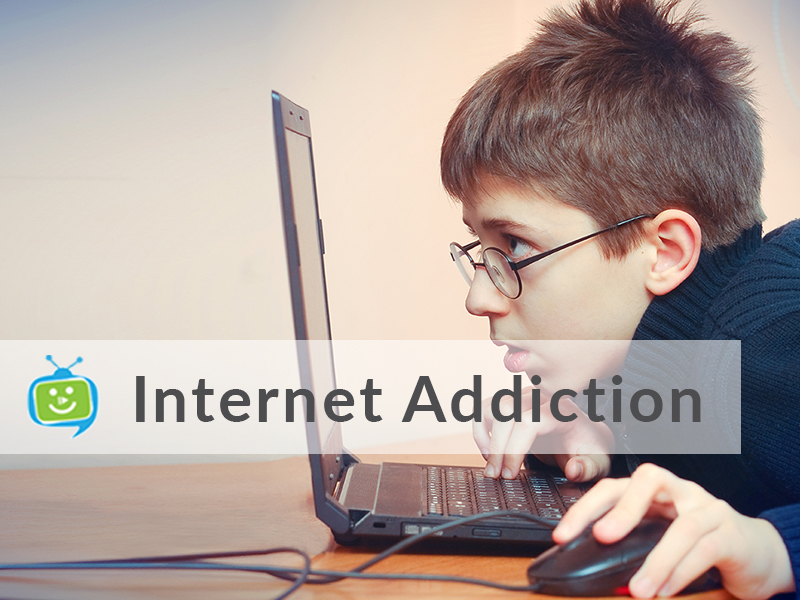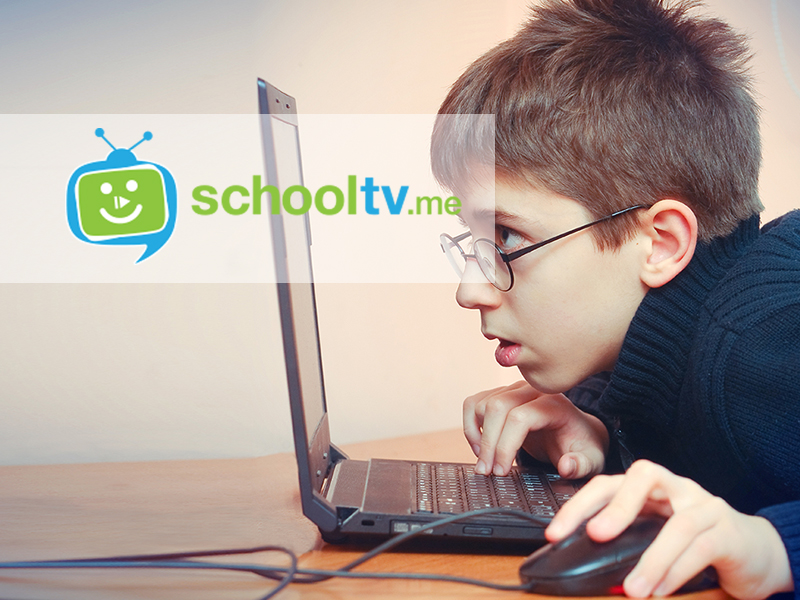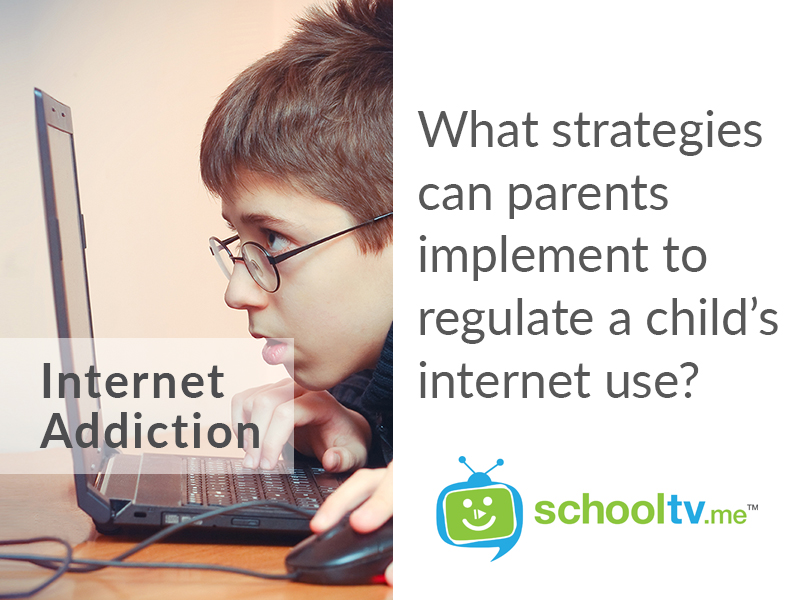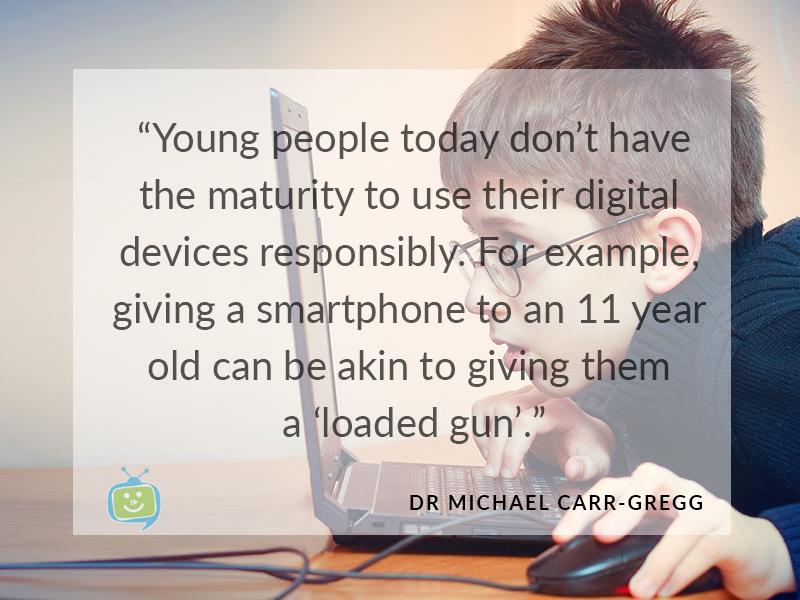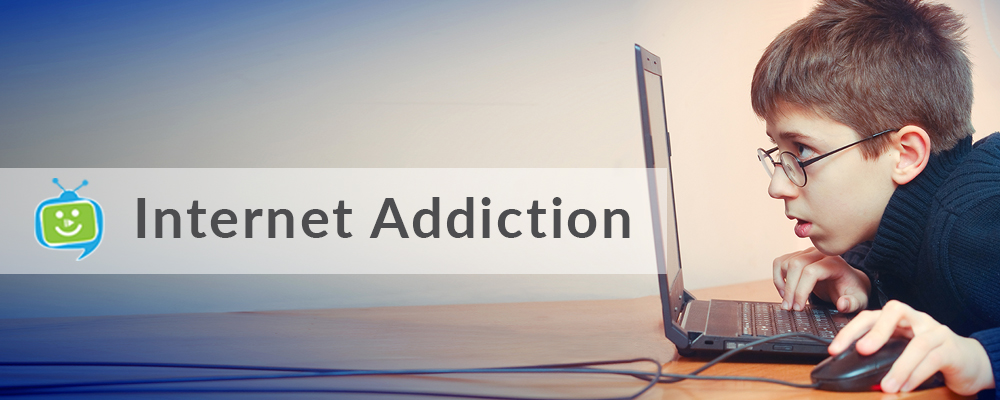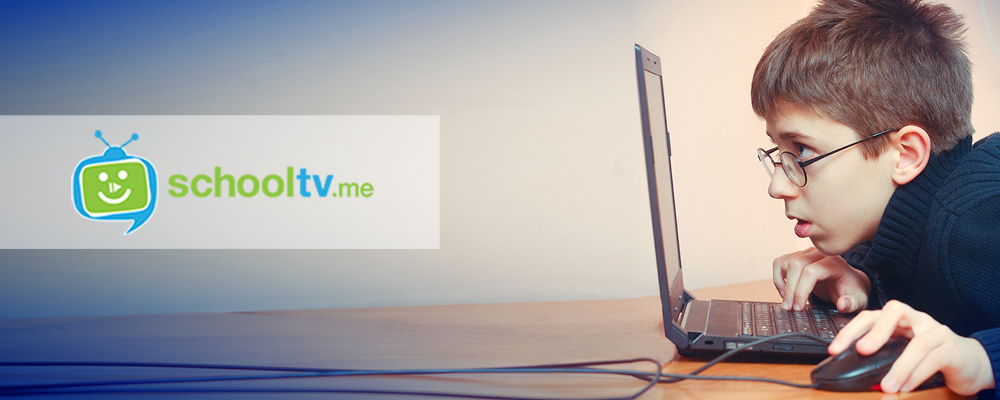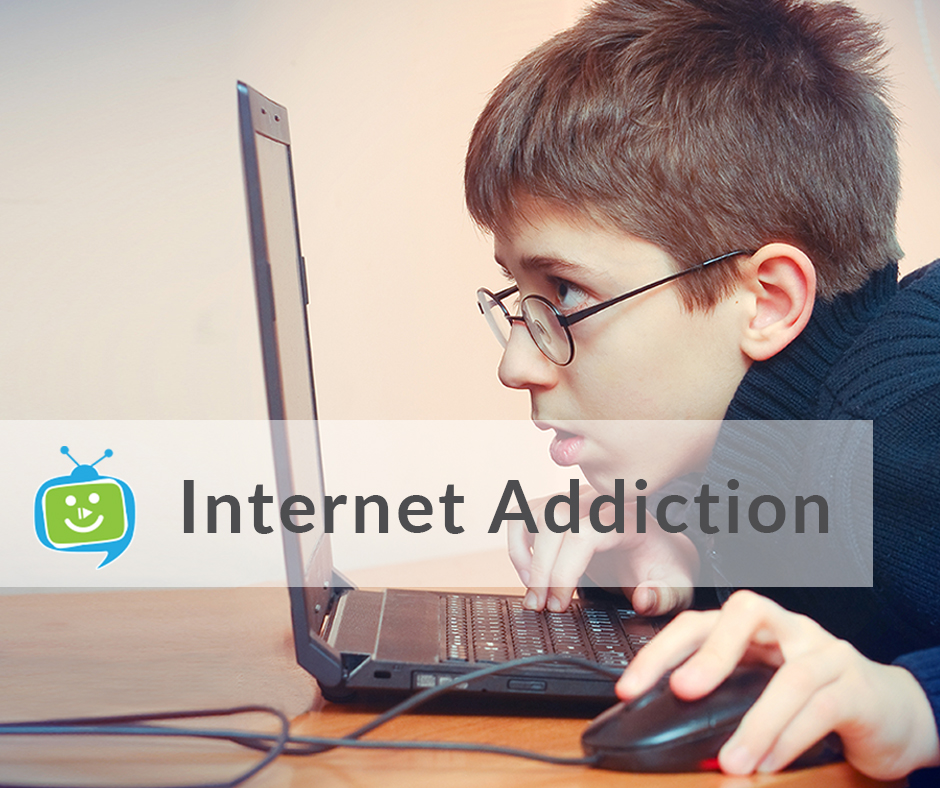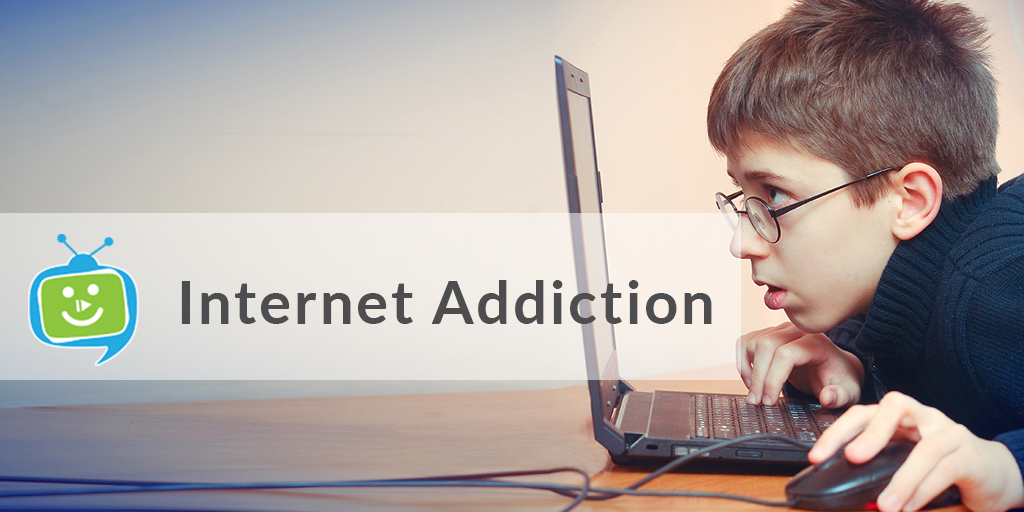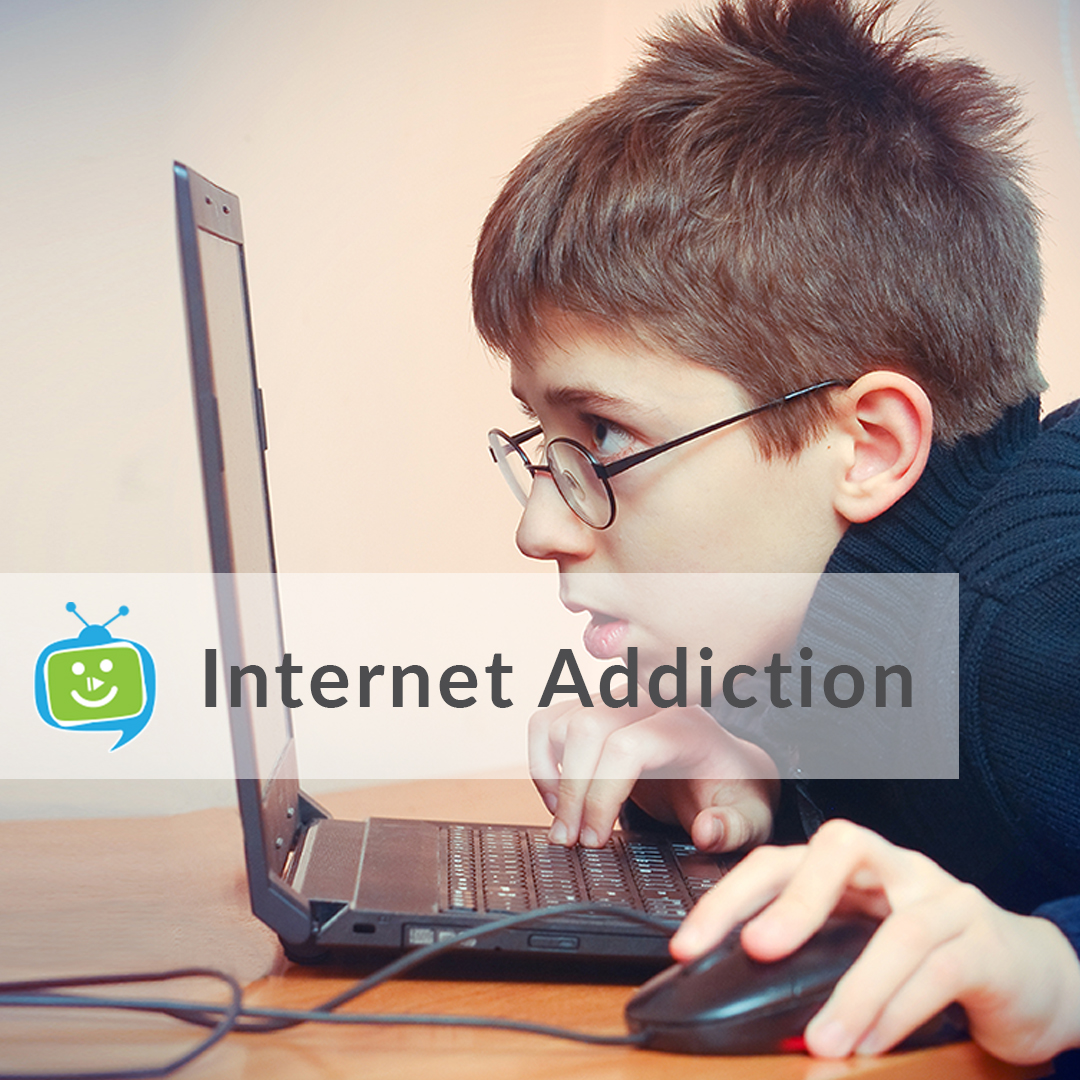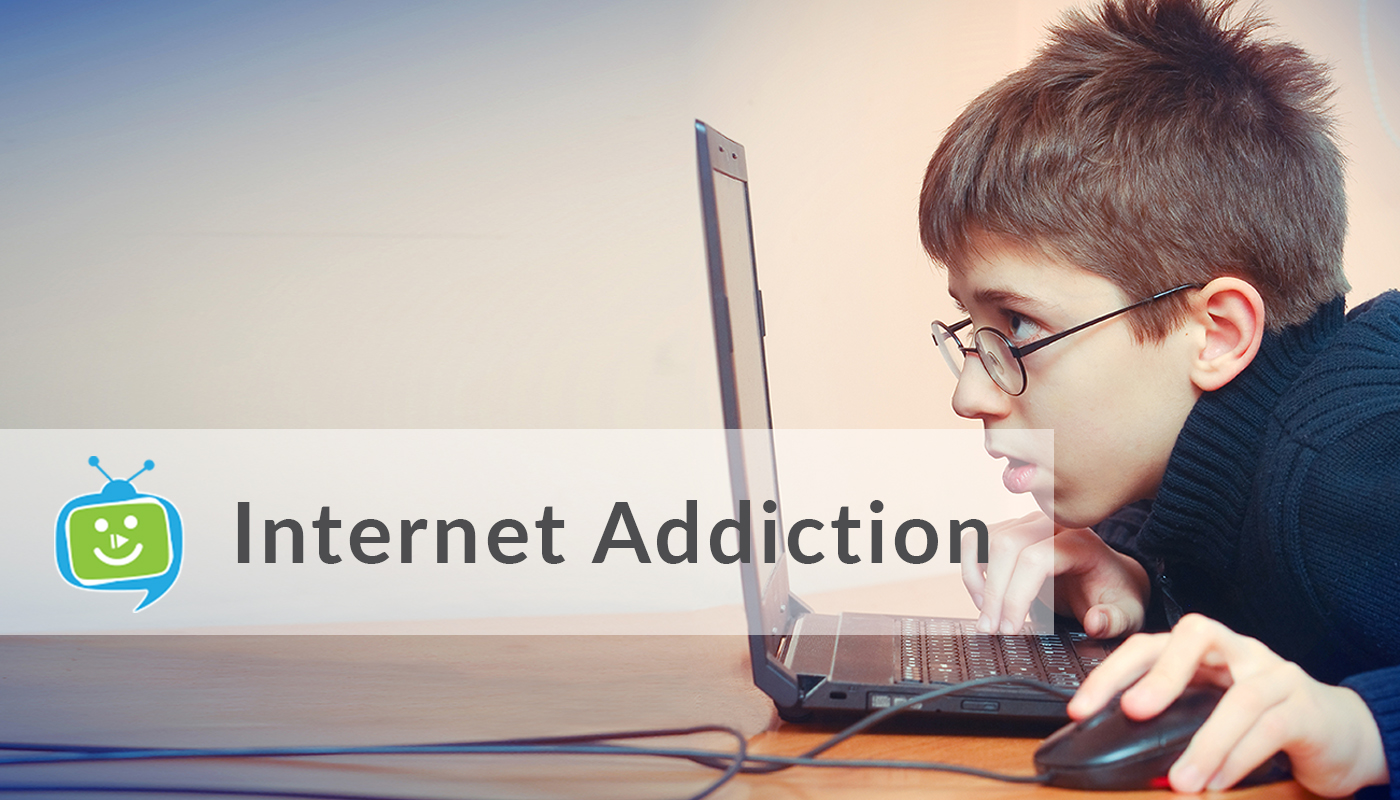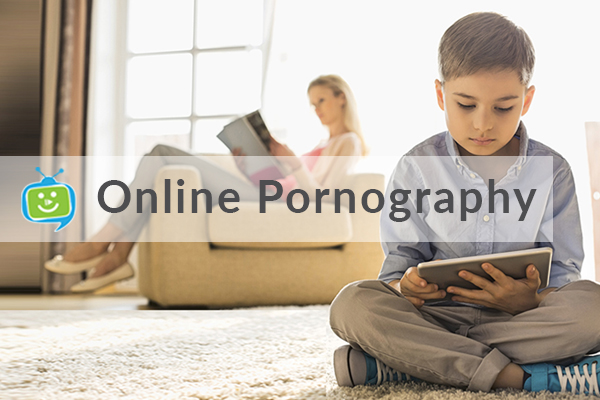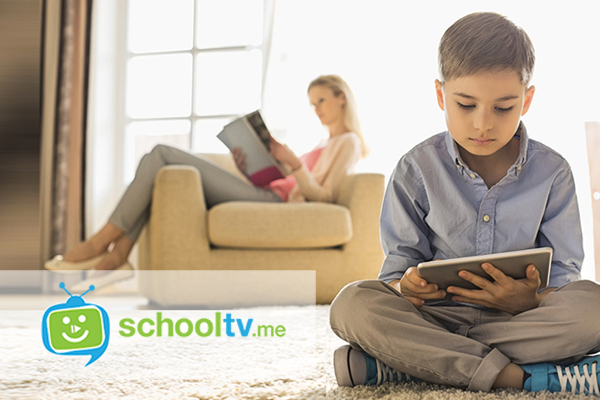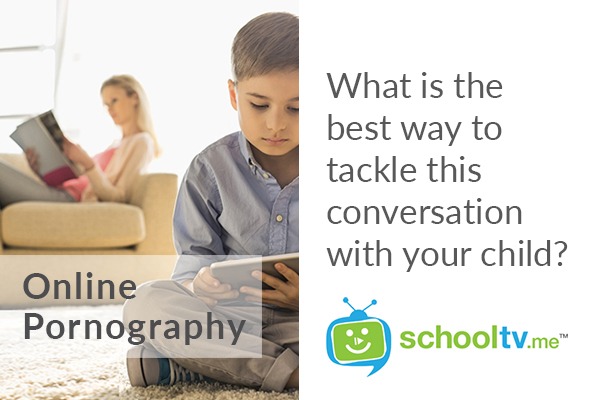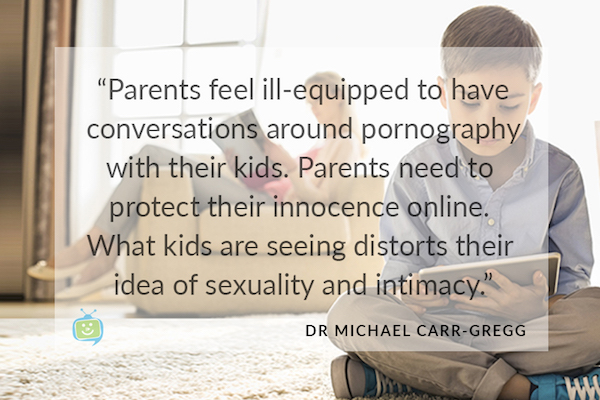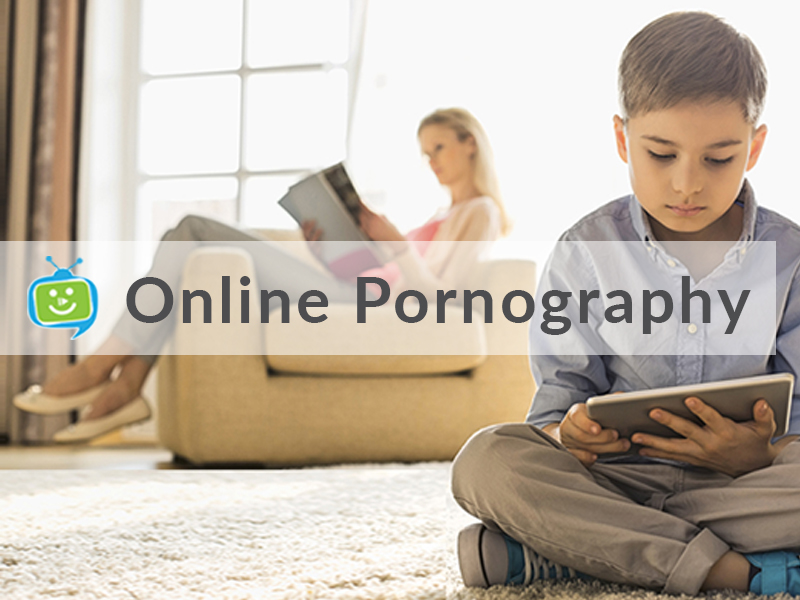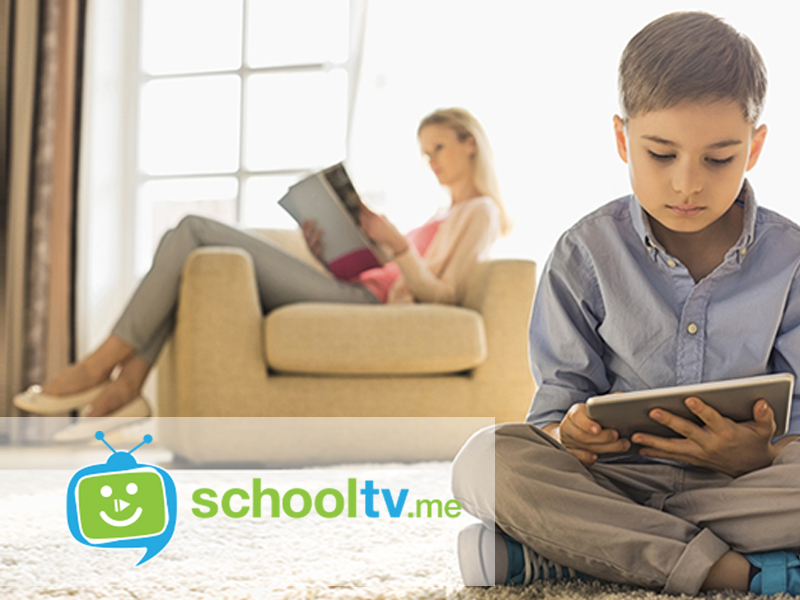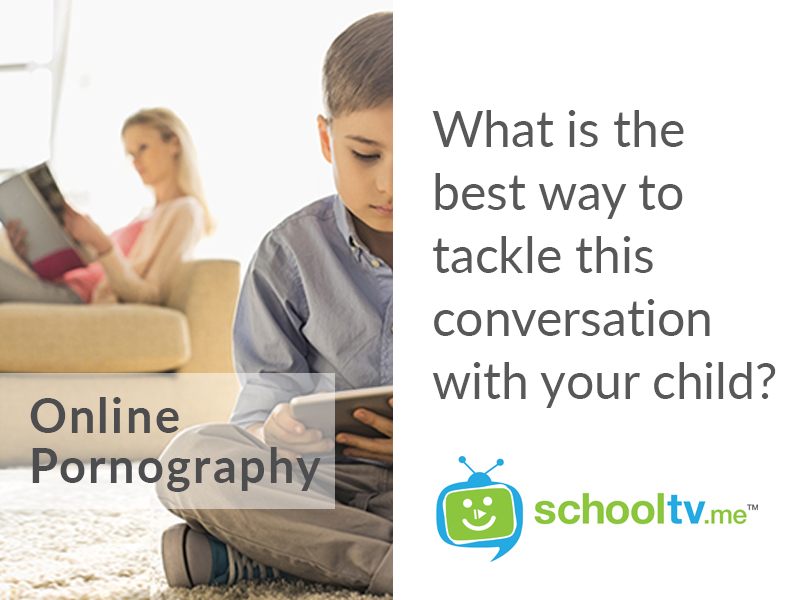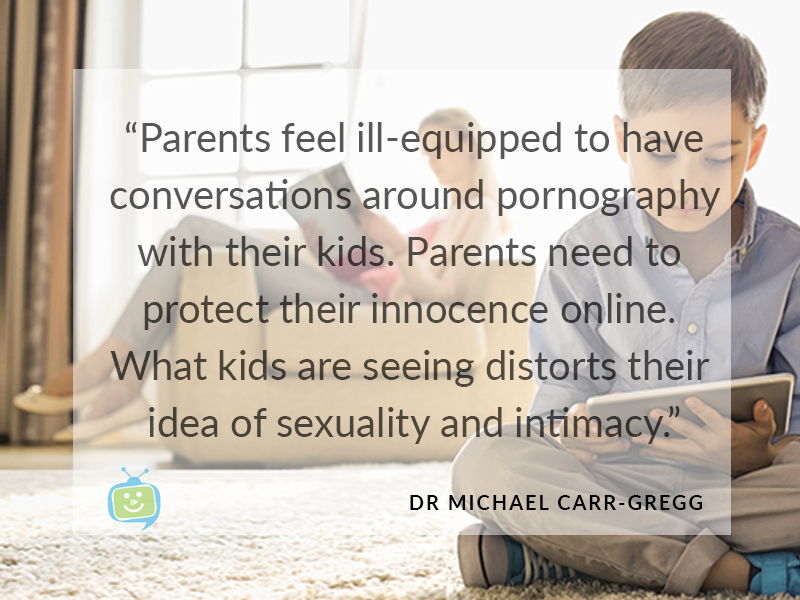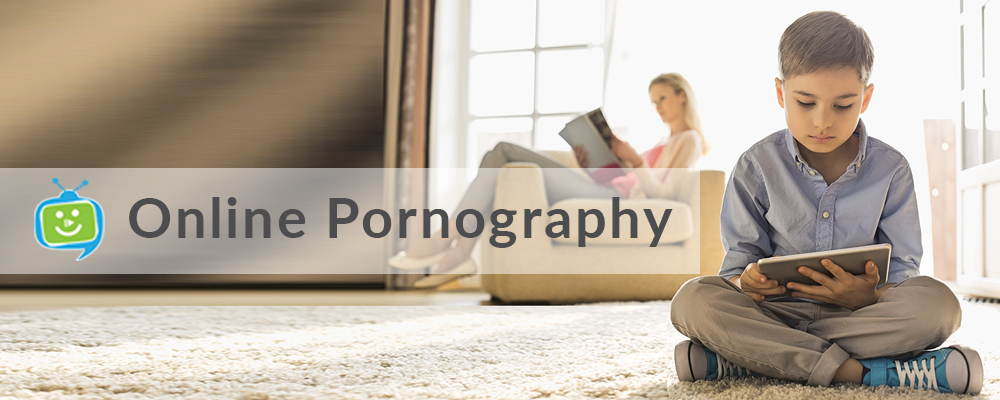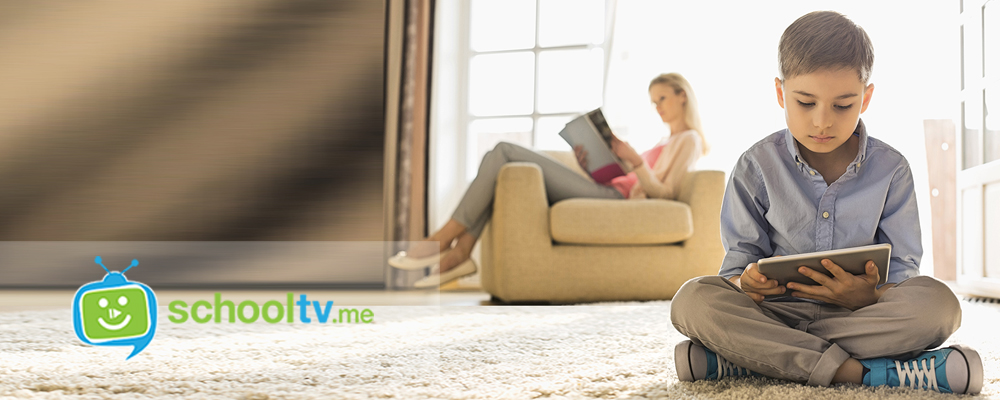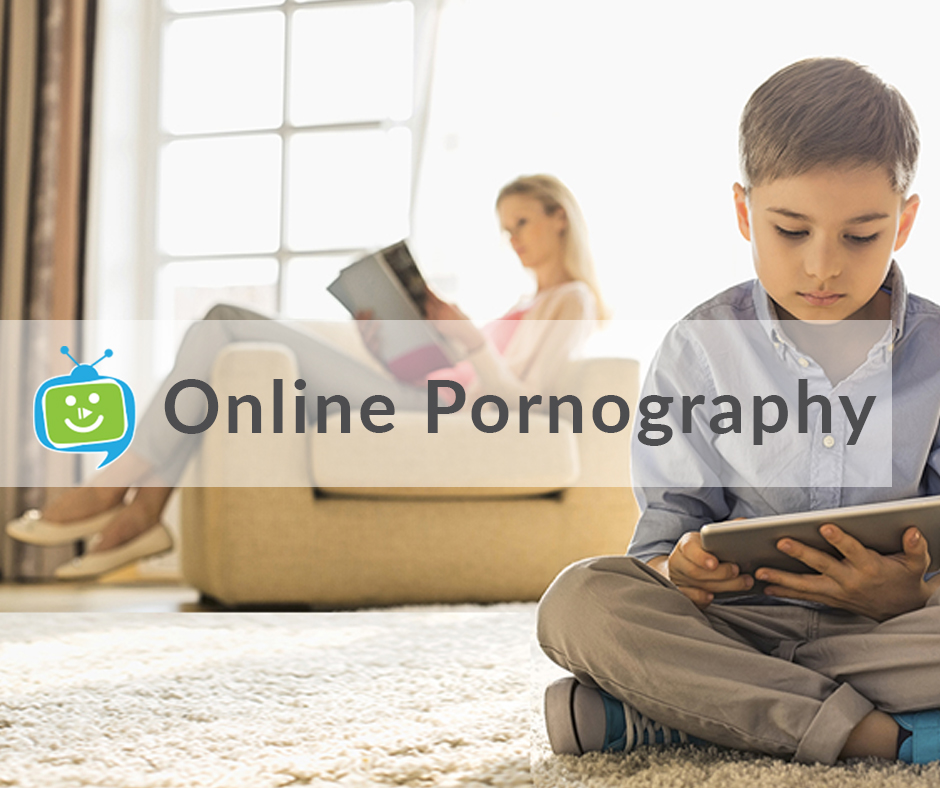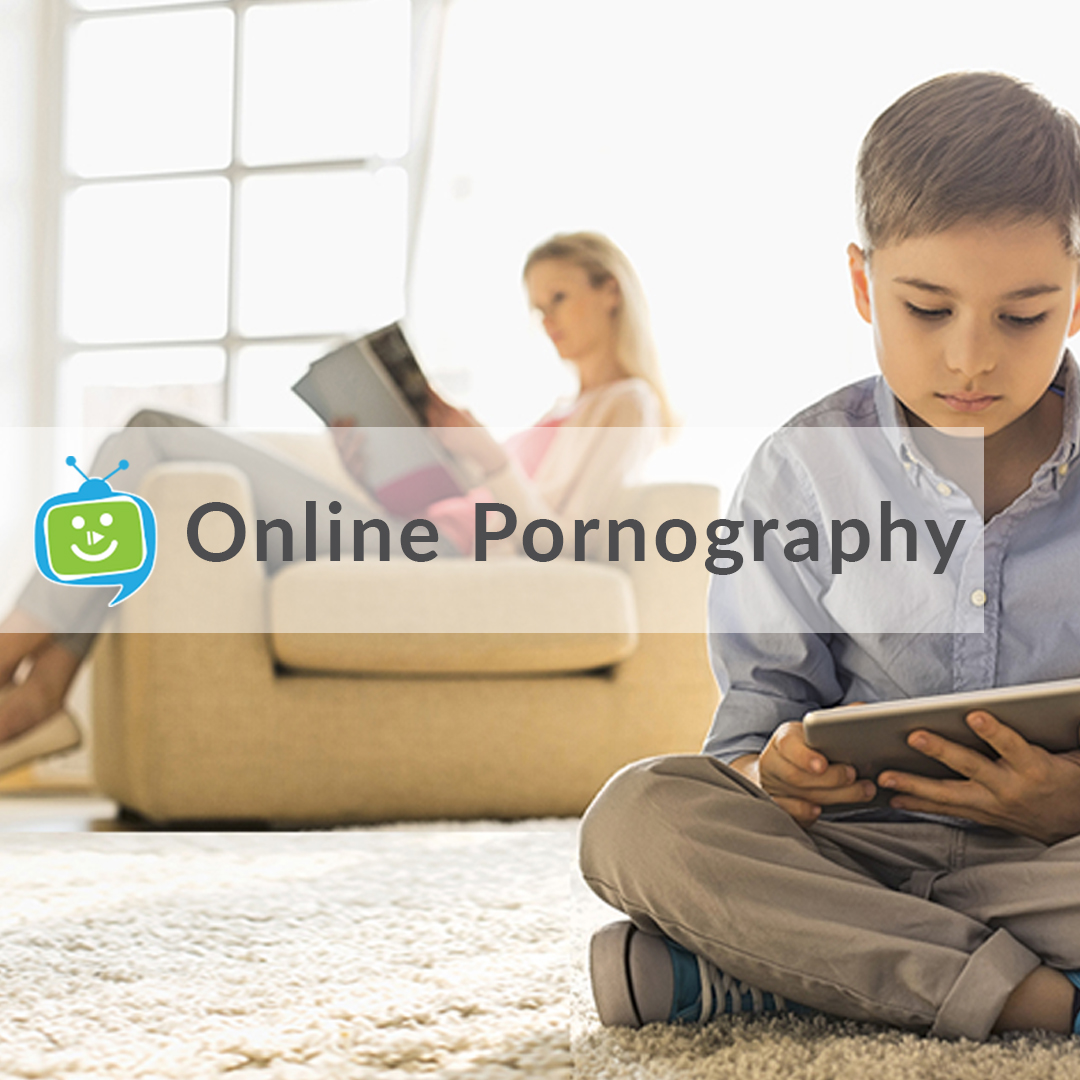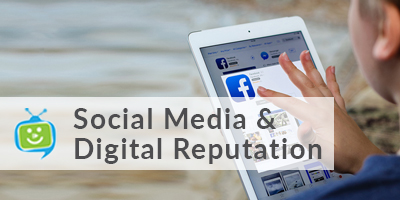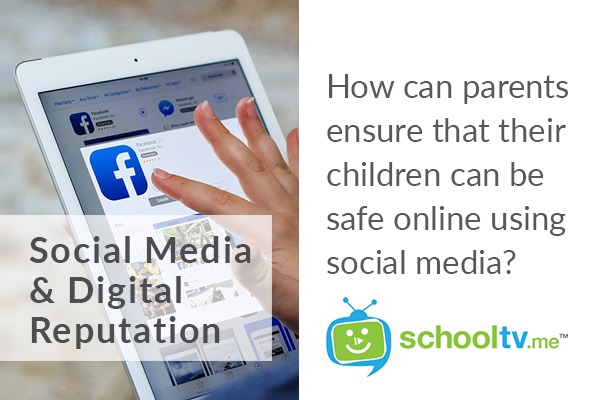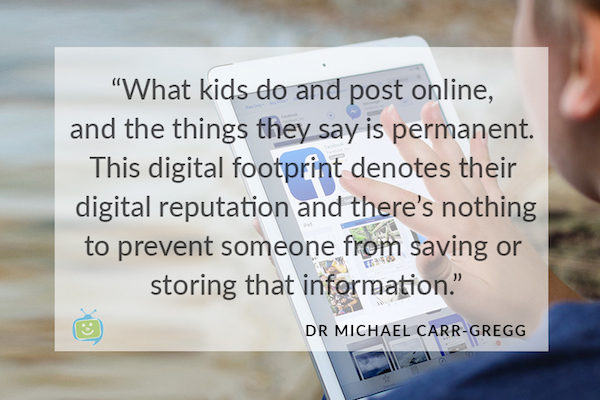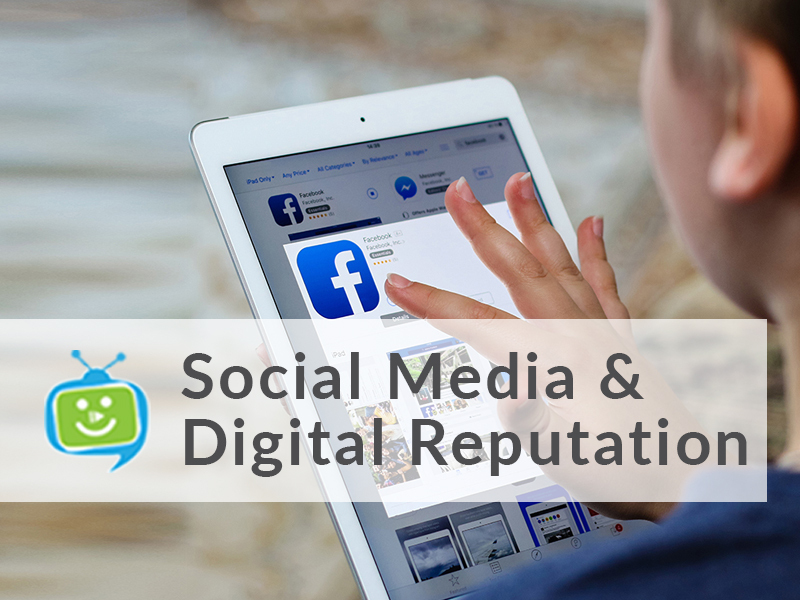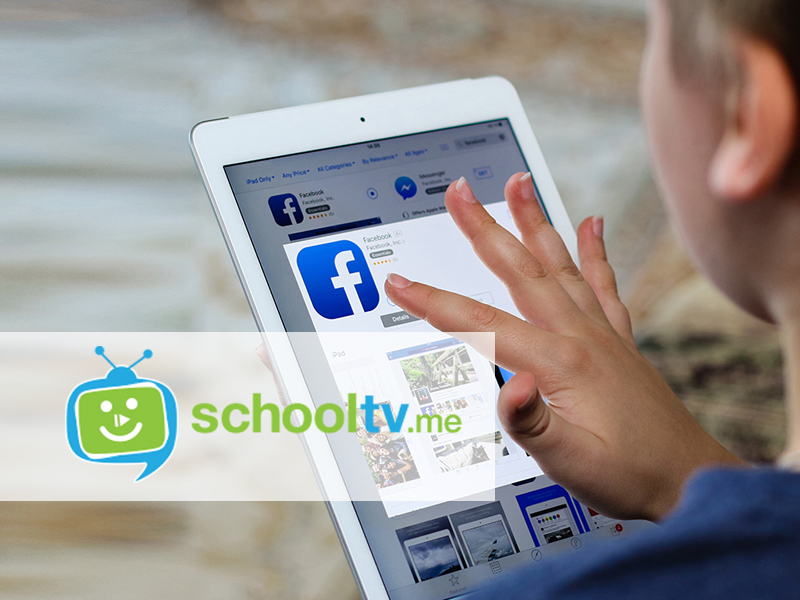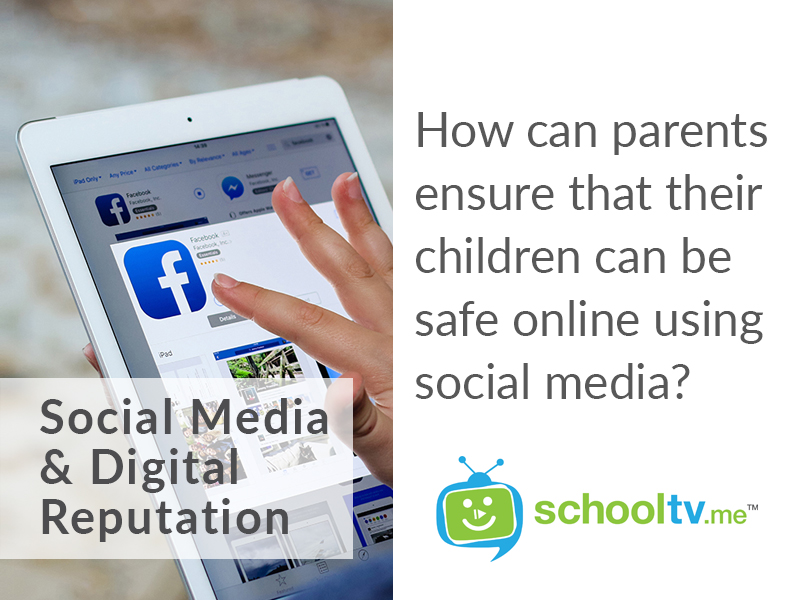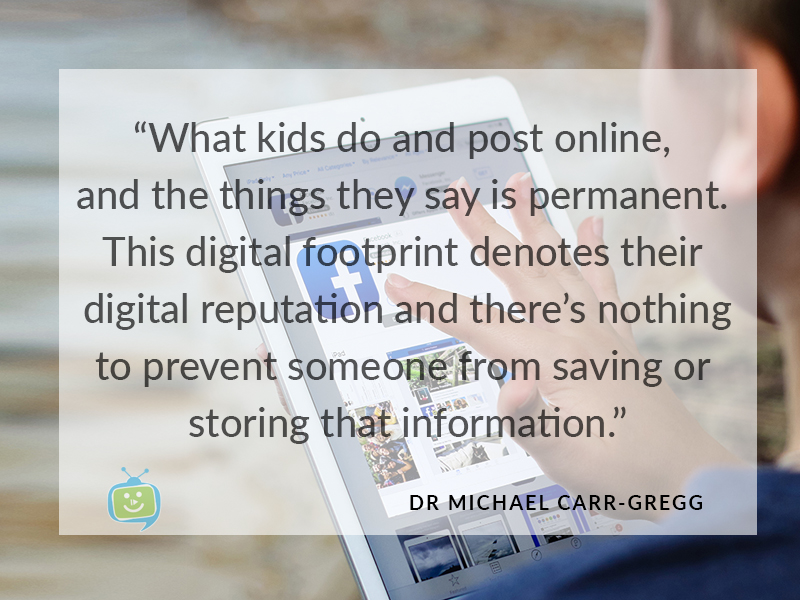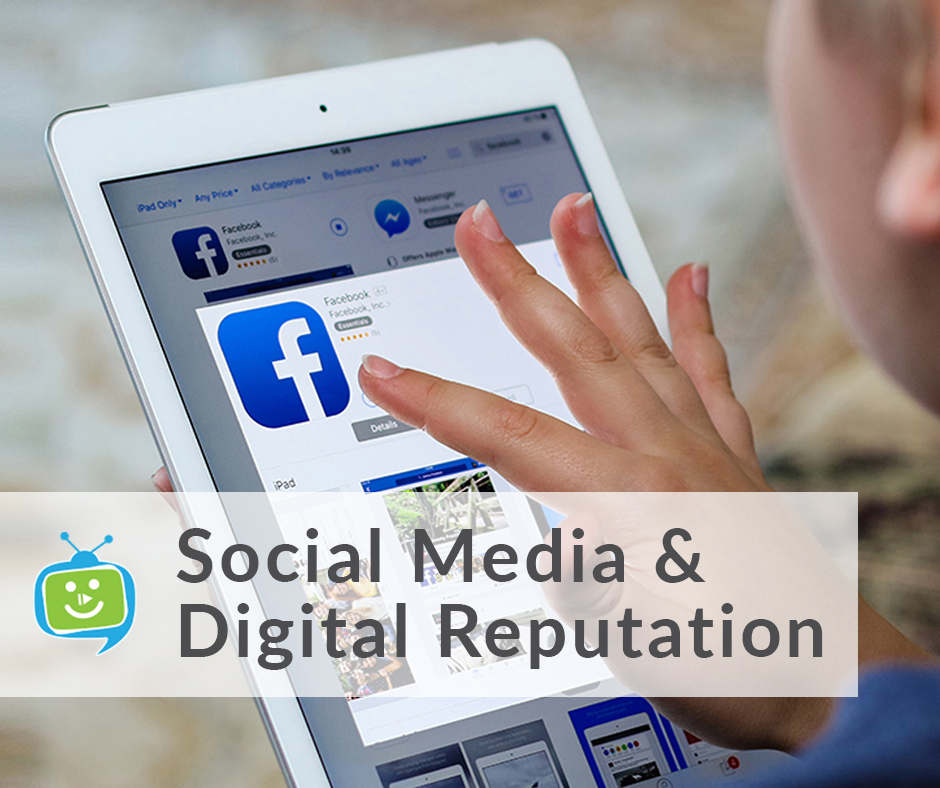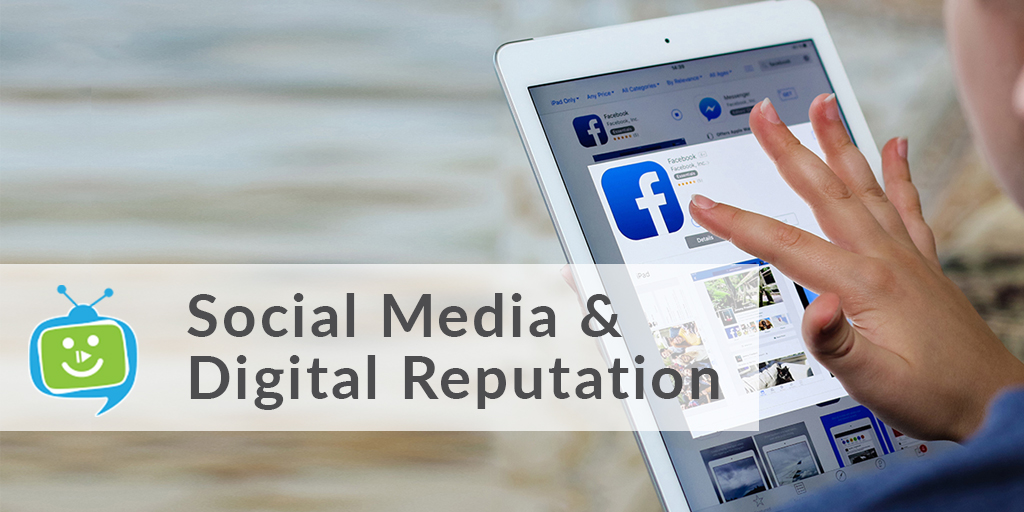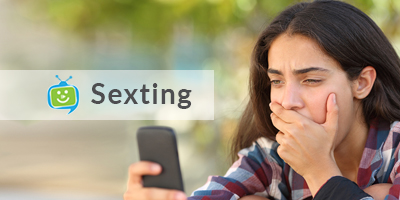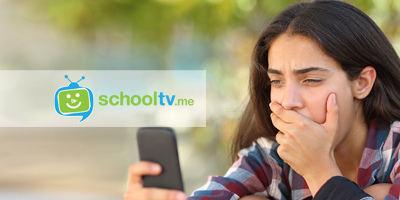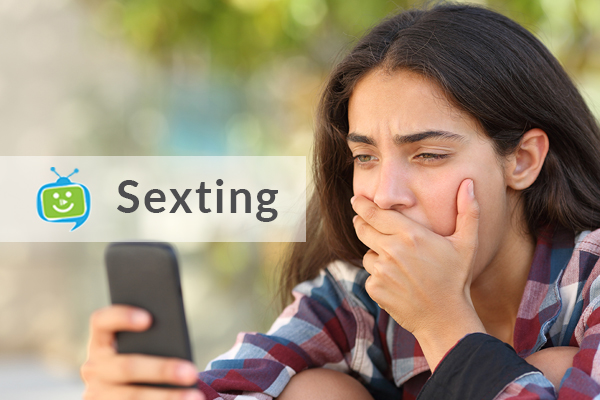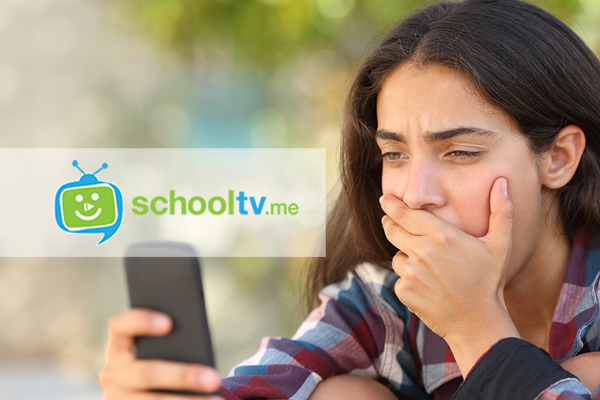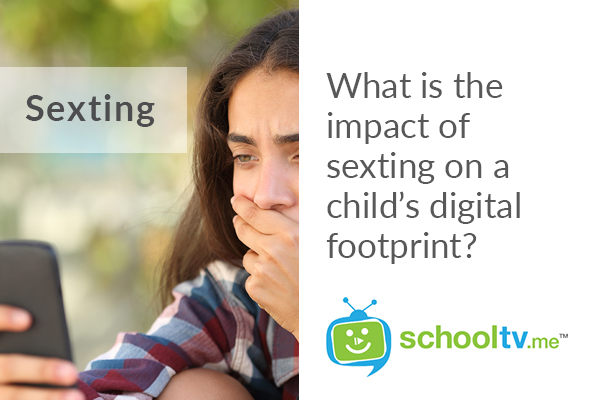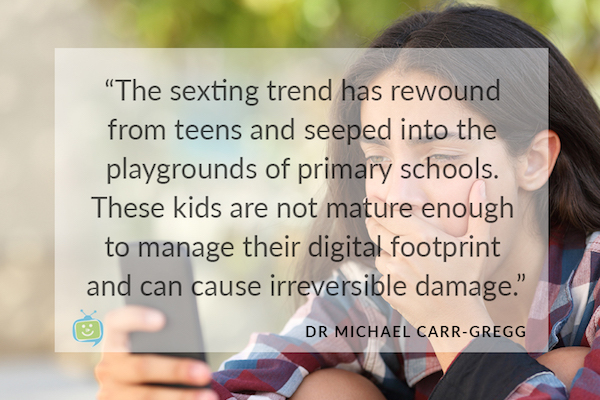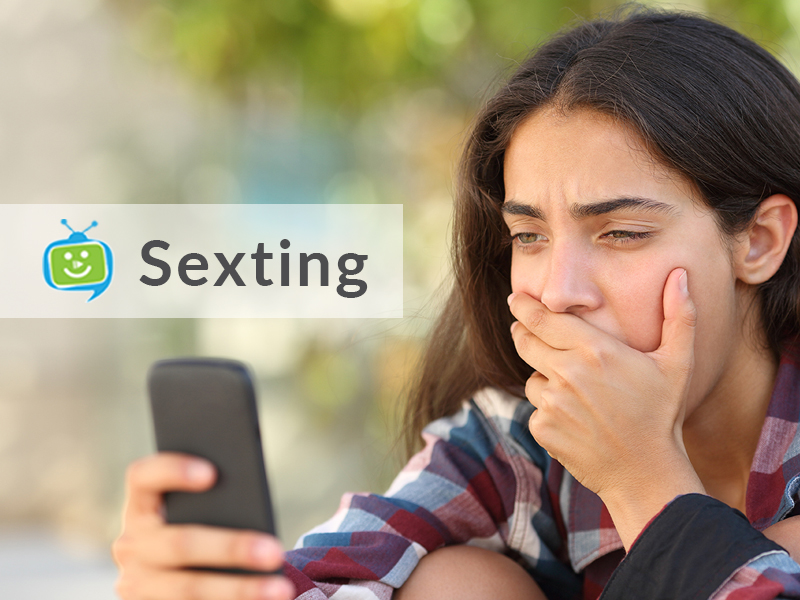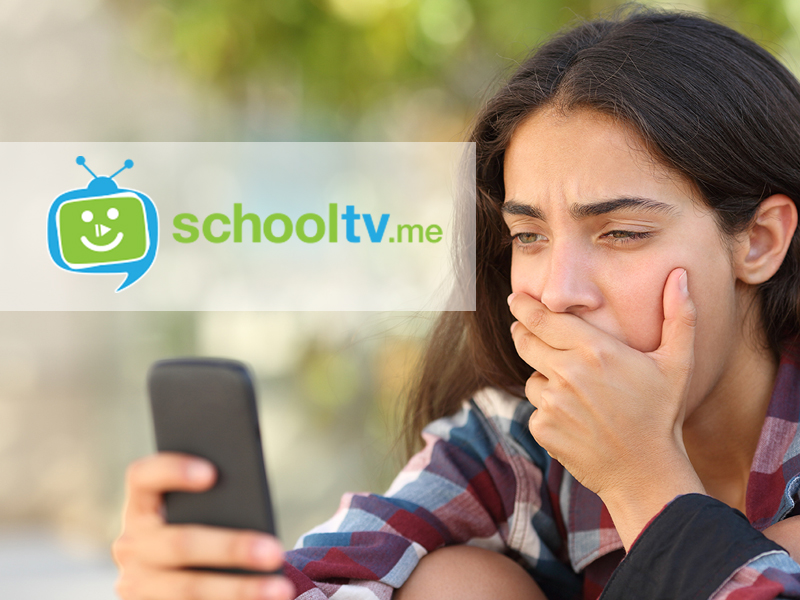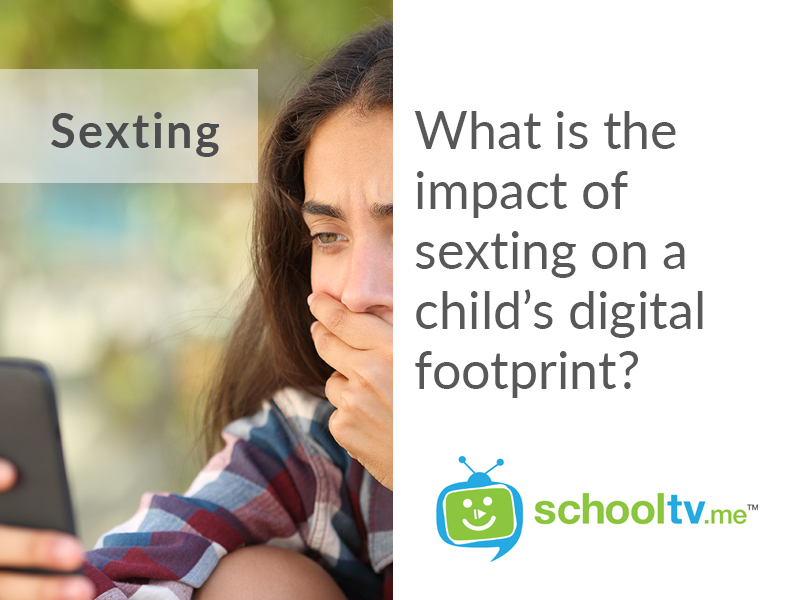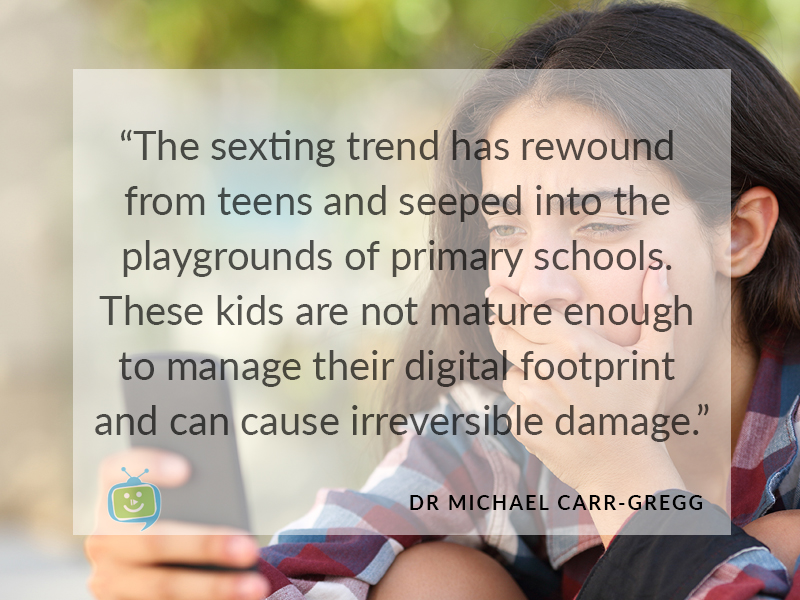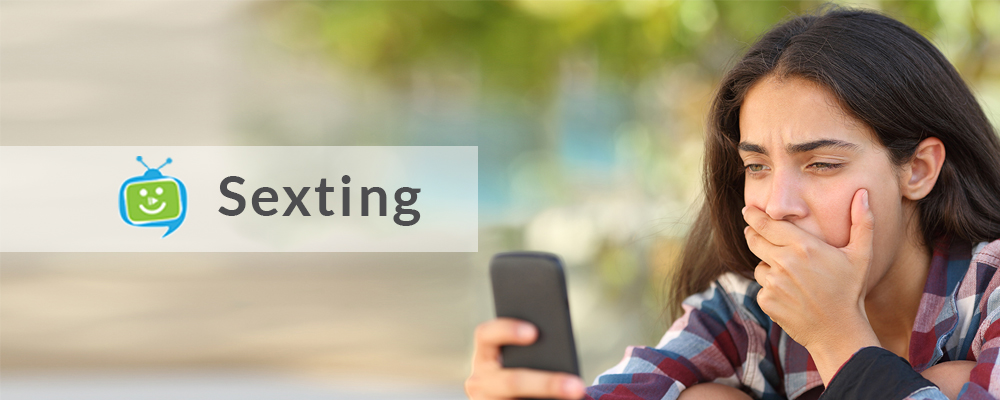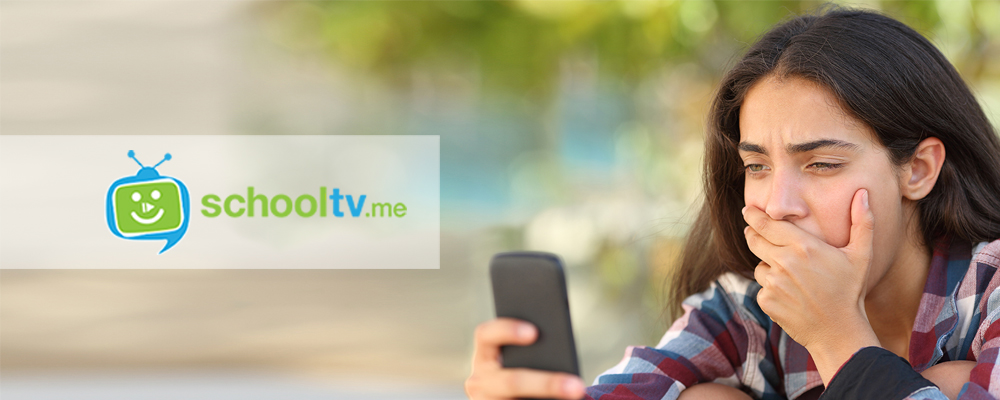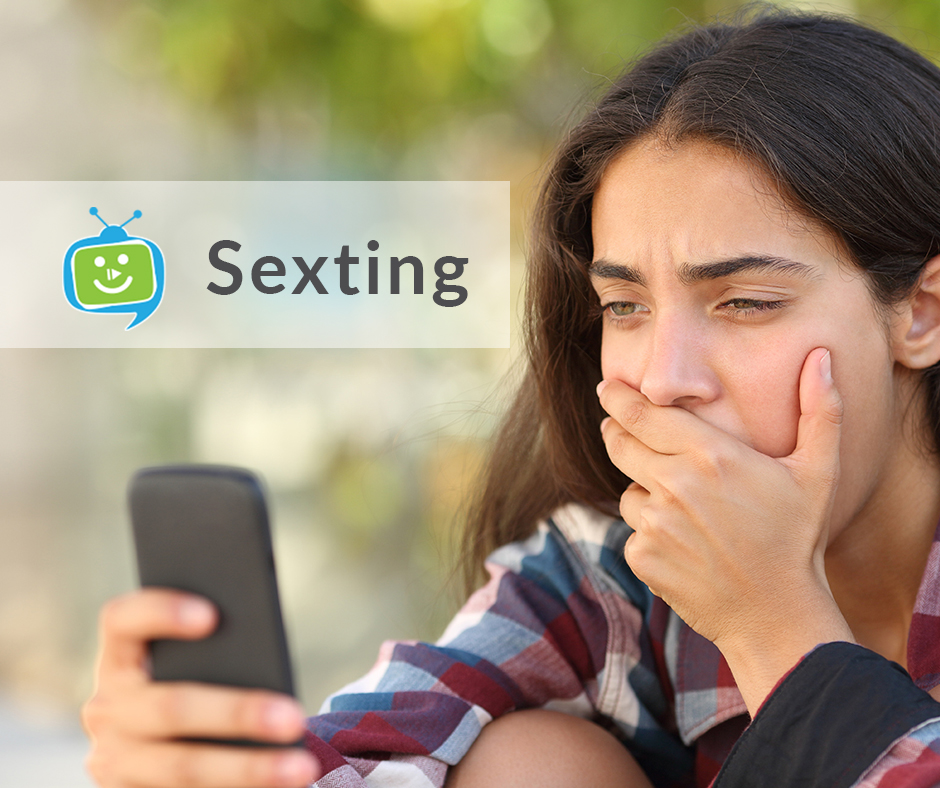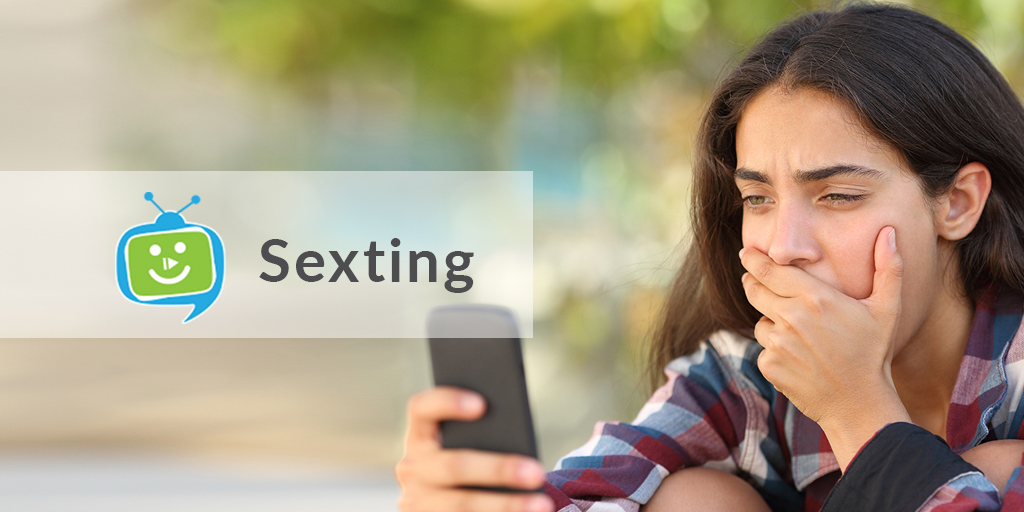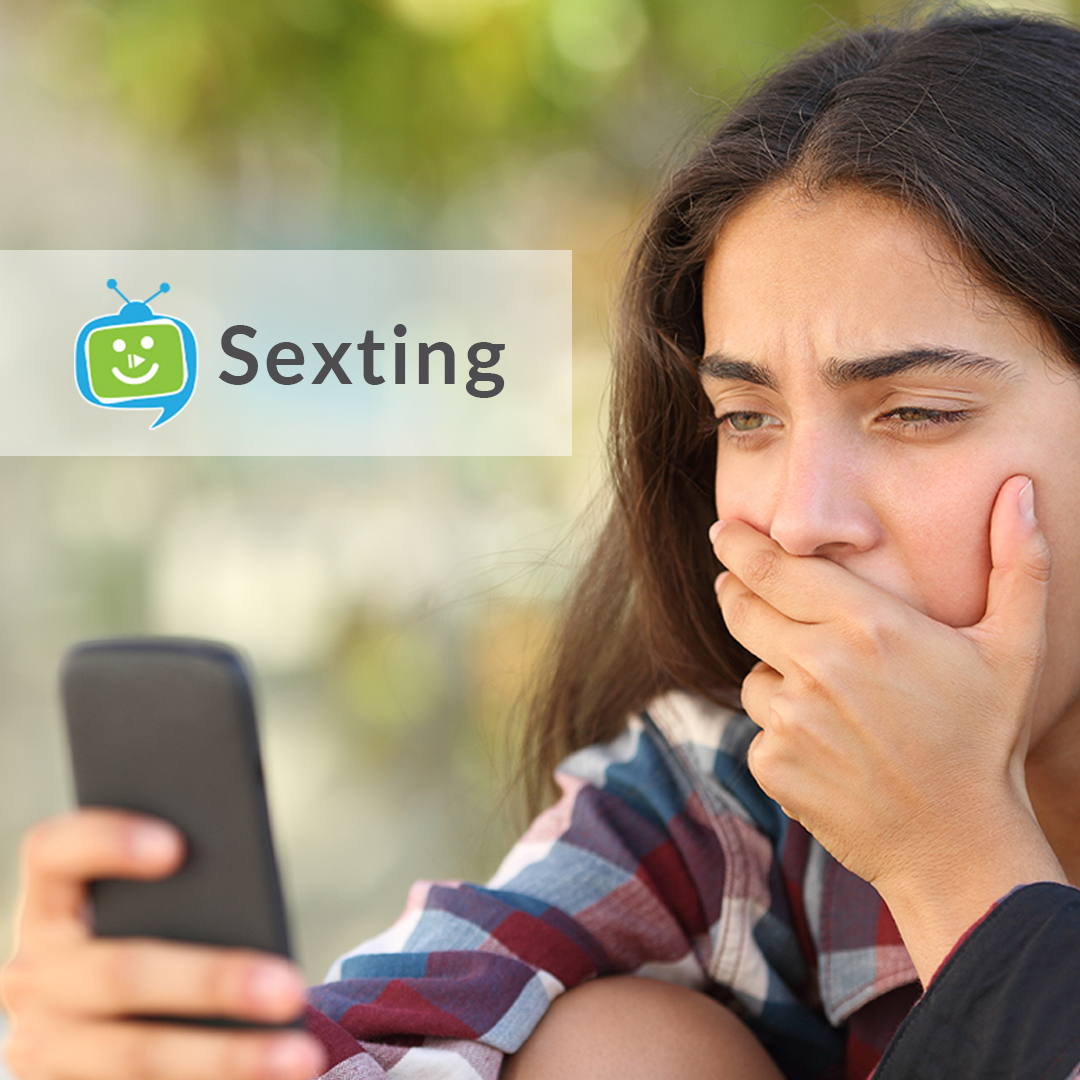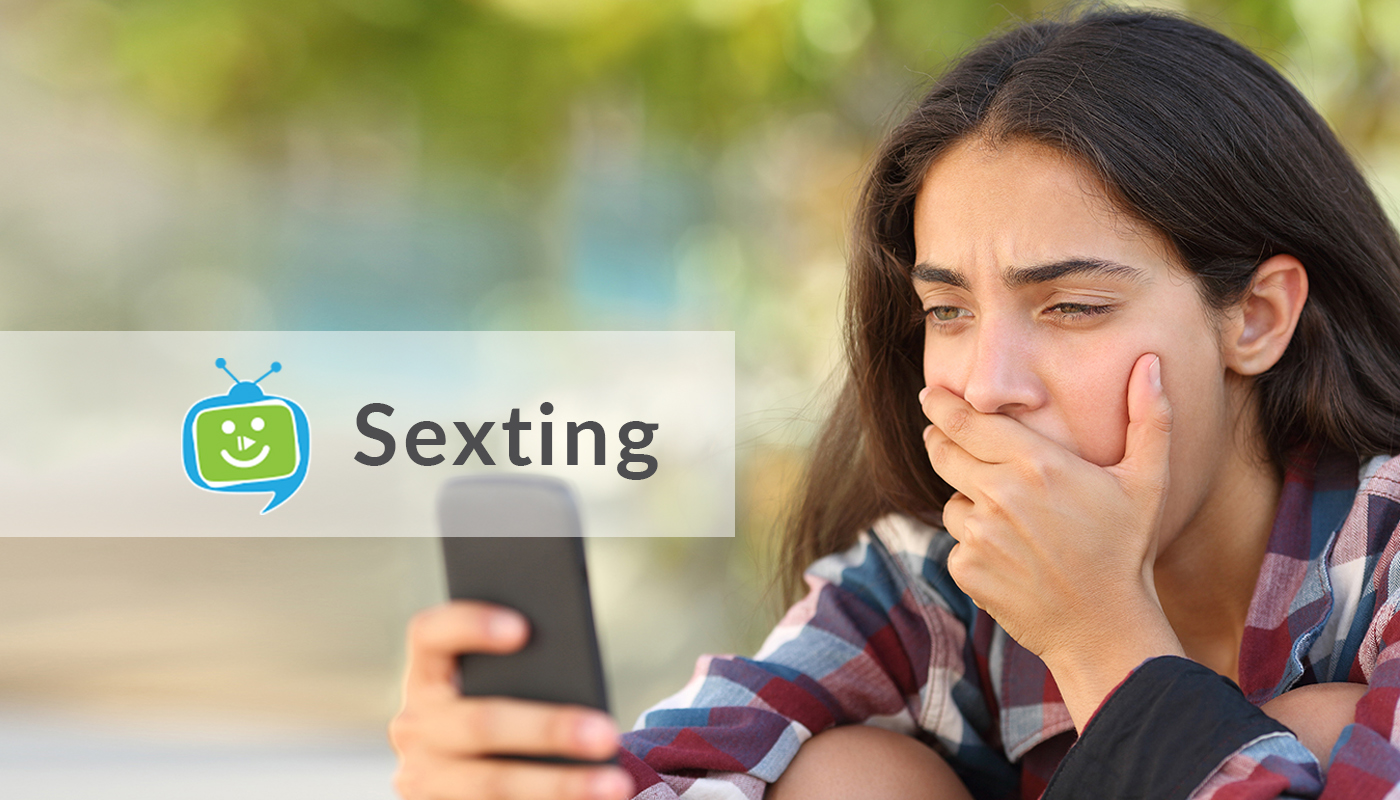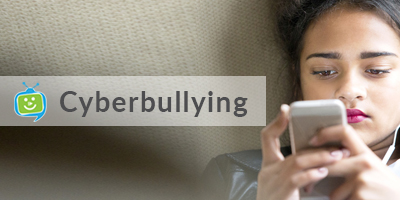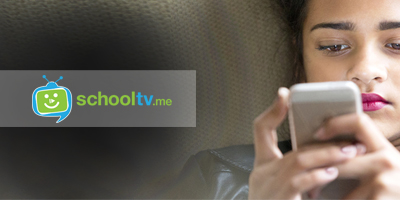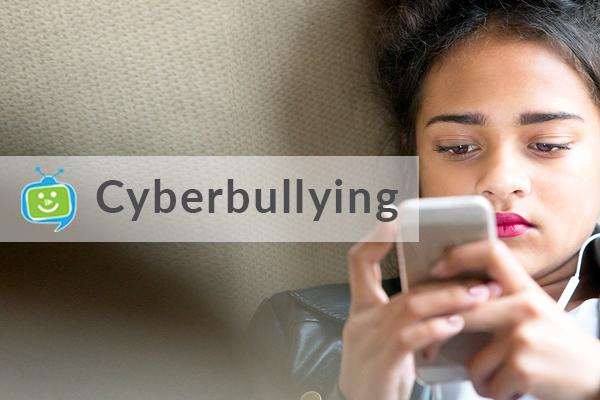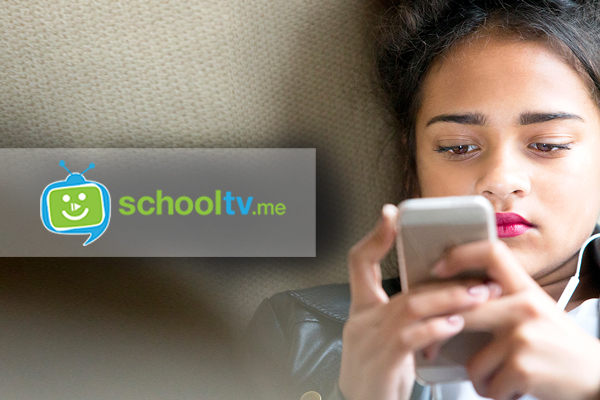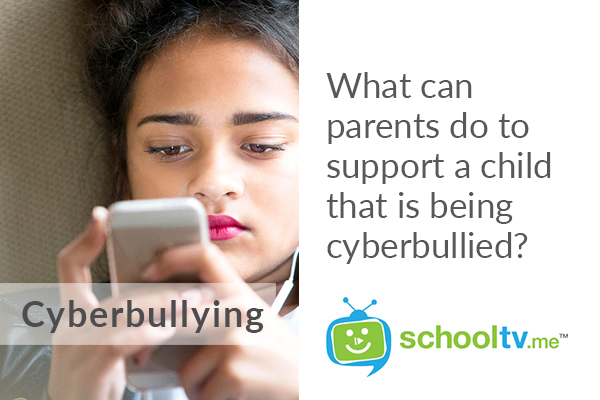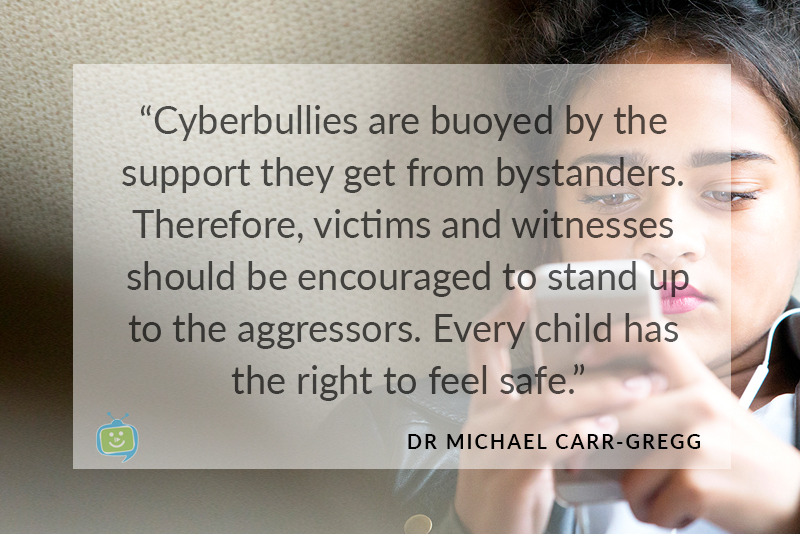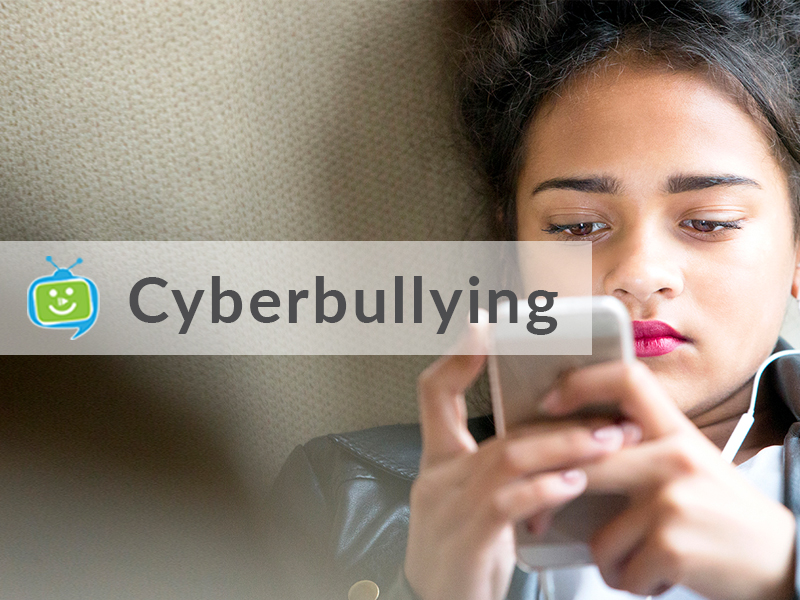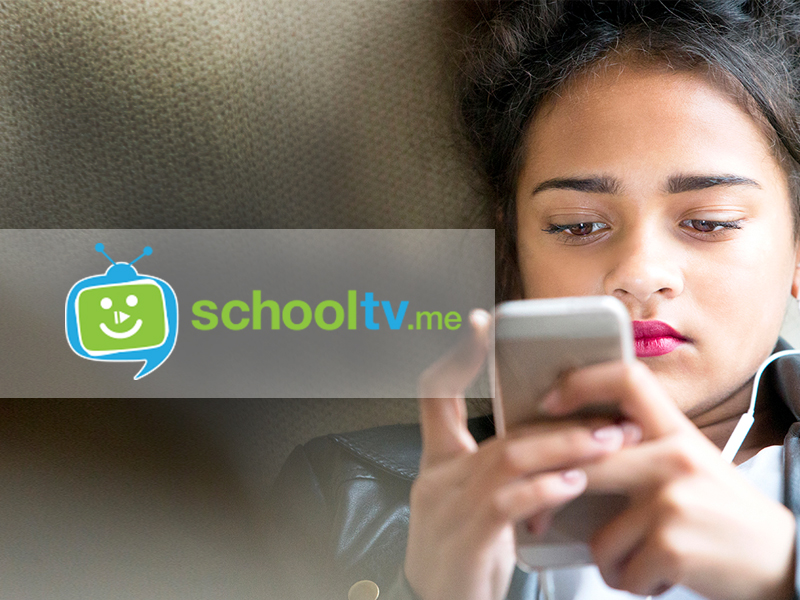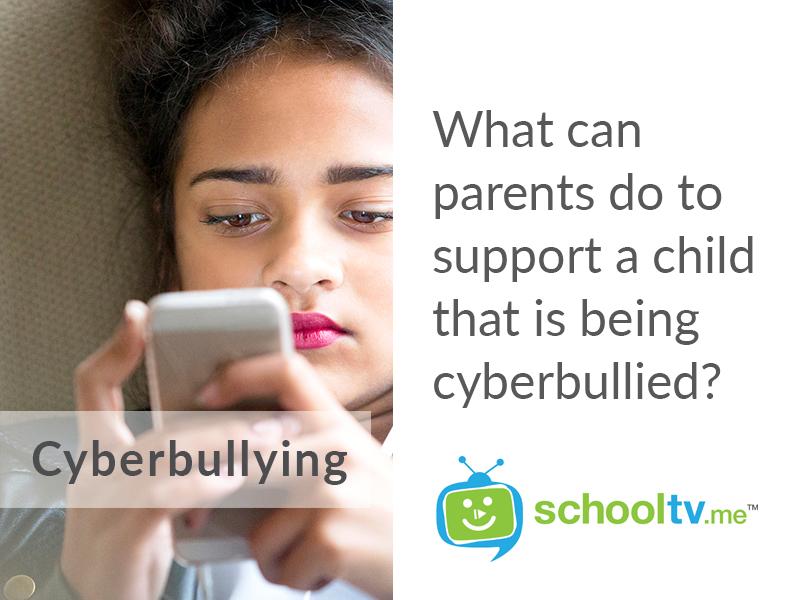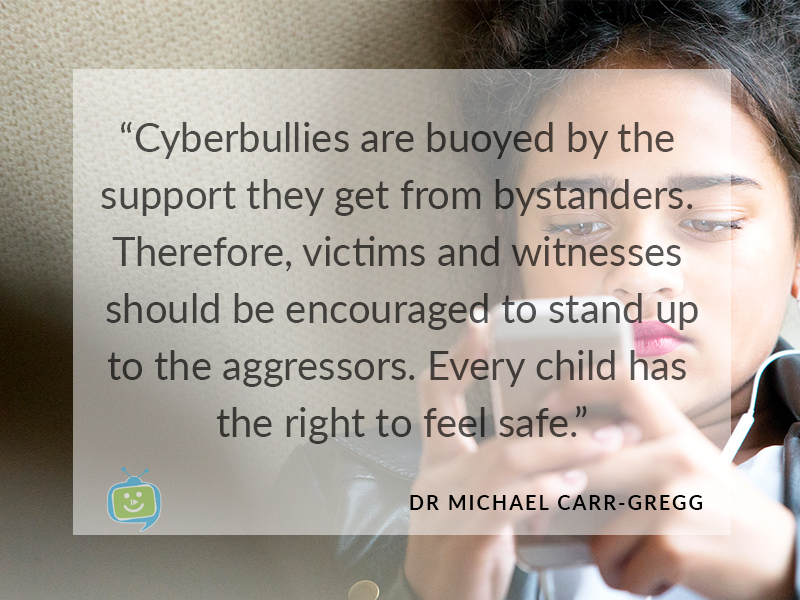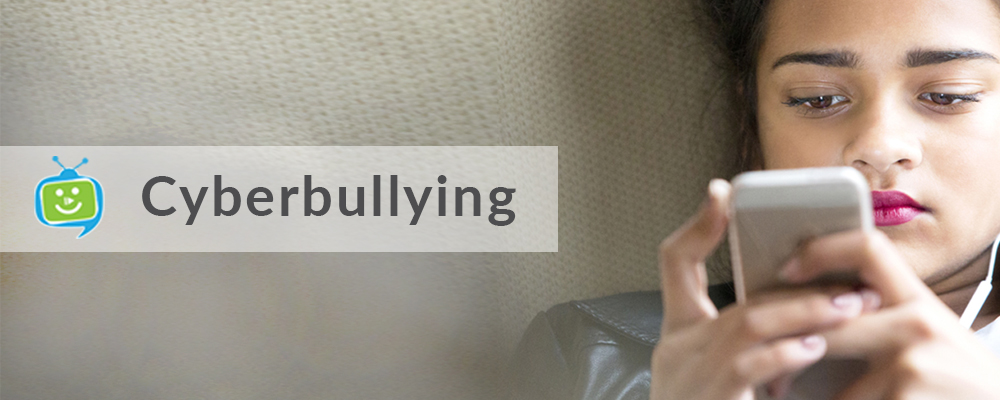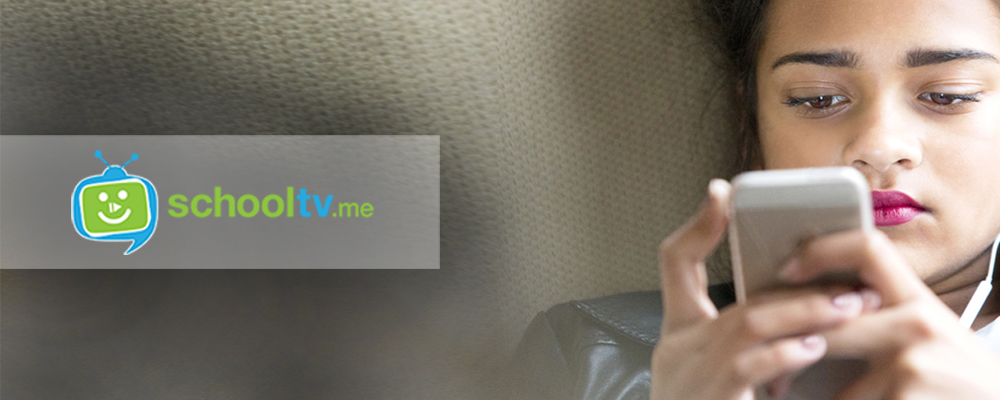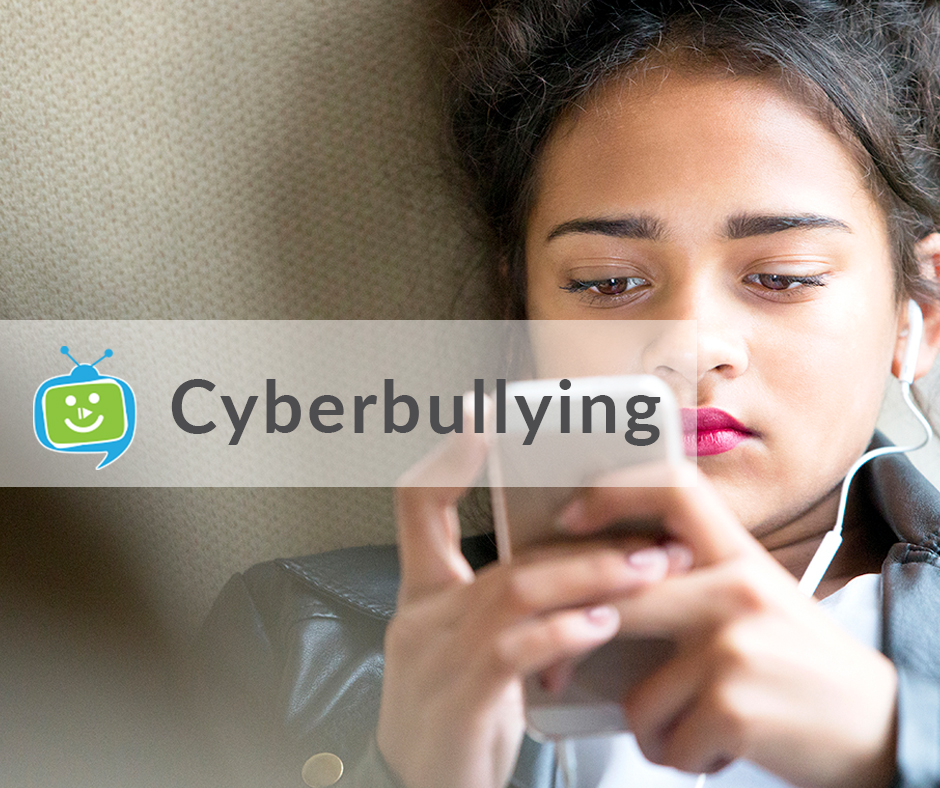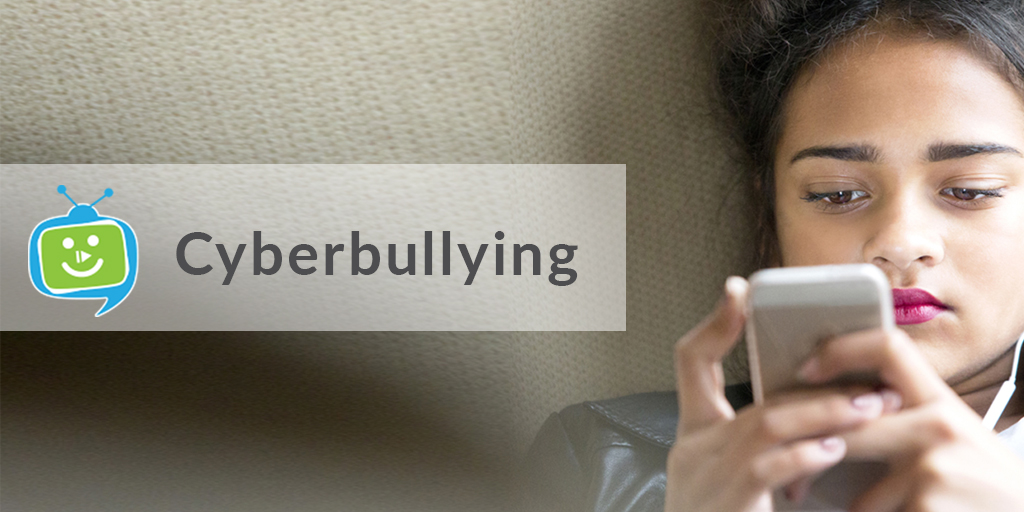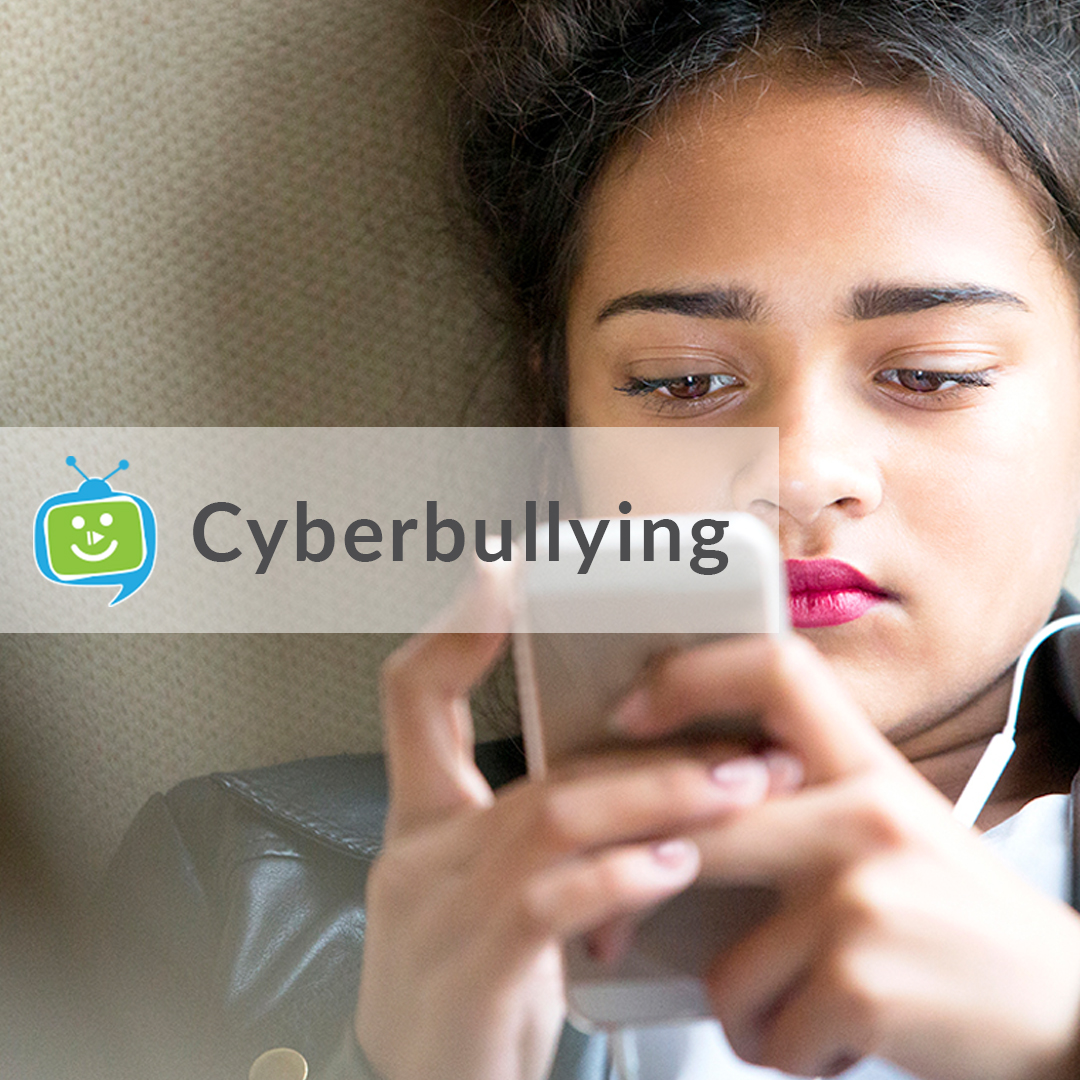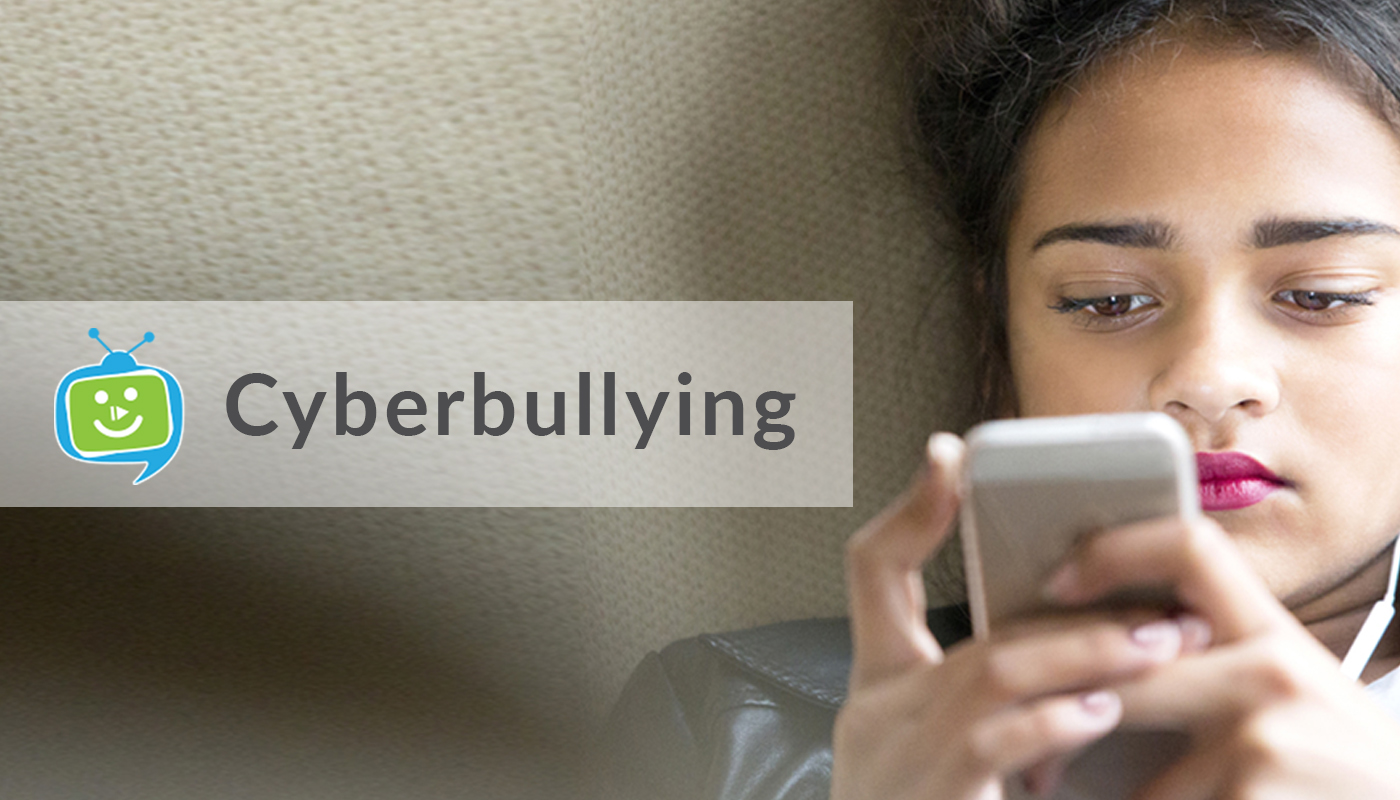
CyberSafety Series
Many of today’s parents grew up in a world devoid of technologies and often have little knowledge on how best to assist and guide their children. In today’s digital world, 90 percent of a child’s socialisation occurs online. As the range of social media platforms grows, so too does the opportunity for bullying and stalking. Often parents have no idea their child is a victim and kids are unlikely to report it for fear of losing access to their technology, which to them, is the equivalent of "social death”.

Topic: Cybersafety
In this edition of SchoolTV - Cybersafety
Young people today are growing up in an increasingly connected world where technology is part of their everyday lives - for learning, socialising, and entertainment. While the digital world offers enormous benefits, it also comes with serious risks. From cyberbullying and online predators to inappropriate content and screen time concerns, navigating the online environment can be challenging for young people and their families.
Cybersafety is not just about blocking access - it's about empowering young people with the knowledge and skills they need to use technology responsibly and safely. This includes understanding privacy settings, recognising scams, and developing healthy digital habits. At the same time, it's important for parents and caregivers to stay informed, have open and judgement-free conversations with their children, and lead by example through positive online behaviour.
In today's digital age, safeguarding a child's wellbeing must also include protecting their online life. This edition of SchoolTV will help you better understand the digital landscape your child is navigating and offer practical strategies to help them stay safe, confident and in control online.
We hope you take time to reflect on the information offered in this edition of SchoolTV and we always welcome your feedback. If you have any concerns about your child, please contact the school counsellor for further information or seek medical or professional help.
Here is the link to the Cybersafety edition of SchoolTV
https://schooltv.me.uk/newsletter/cybersafety

Topic: Managing Screen Time
In this edition of SchoolTV - Managing Screen Time
As a result of the global pandemic, there has been a noticeable shift in the amount of time people spend on screen-based devices. Families are transitioning back to pre-COVID routines but many are still struggling to re-establish the boundaries and rules around screen use. Some continue to deal with digital conflict and tech-tantrums on a daily basis. The latest research found that 77% of teenagers spend more than five hours on screens per day, but it is important to note that not all screen time is considered equal.
Parents play a crucial role in modelling a positive and healthy approach to using screens and assisting children to navigate the content they watch. It is better to model and mentor screen use, rather than monitor it. Children tend to do more of what they see us do, and less of what we tell them to do. However, it is still important to outline the risks and highlight the benefits of screen use to ensure you keep a balanced attitude. Encourage discussions around the issues that people experience in monitoring their screen time and be honest about your own difficulties.
Parents need to remain firm in their approach to managing screen time. Excessive screen time can be detrimental to a child’s overall wellbeing. Ensuring the correct privacy settings are in place is vital to prevent children from being inadvertently exposed to inappropriate content or online predators. Parents need to also be mindful of the potential impact screen time can have on a child’s social, emotional, educational, behavioural, and even physical domains.
In this edition of SchoolTV, care-givers will be provided with a range of guidelines and strategies to help manage screen time at home.
We hope you take time to reflect on the information offered in this edition of SchoolTV and we always welcome your feedback. If you have any concerns about your child, please contact the school counsellor for further information or seek medical or professional help.
Here is the link to the Managing Screen Time edition of SchoolTV
https://schooltv.me.uk/newsletter/managing-screen-time

Topic: Internet Addiction
In this edition of SchoolTV - Internet Addiction
In today’s digital environment, the internet can be viewed as a valuable tool for education, research and entertainment. Young people today tend to go from one screen to another, but how much is too much? Time spent in the ‘screen world’ has parents concerned that their kids may be missing out on real life experiences. Therefore, it is vitally important to a child’s wellbeing for parents to regulate a child’s internet use.
Internet addiction can cause significant psychological and social problems for children in years to come. The true effects on future generations is not yet known, but there are strategies that parents can implement now.
In this edition, Dr Michael Carr-Gregg discusses what causes internet addiction, who is most at risk and what parents can do to regulate the amount of time their kids spend online each day.
We hope you take time to reflect on the information offered in this edition of SchoolTV and we always welcome your feedback. If you have any concerns about your child, please contact the school counsellor for further information or seek medical or professional help.
Here is the link to the Internet Addiction edition of SchoolTV
https://schooltv.me.uk/newsletter/internet-addiction

Topic: Online Pornography
In this edition of SchoolTV - Online Pornography
Experts say that the internet is sexualising kids too soon. It is making it easier for children to engage with pornography, both by choice and inadvertently. Regrettably, this is forcing parents to have the ‘birds and bees’ chat with their children at a very young age.
With the rise of social media and online porn, many parents are alarmed about protecting the innocence of their children. Unfortunately, what kids are seeing is distorting their idea of sexuality and intimacy. Parents are encouraged to educate their kids on sex and sexuality with age appropriate information.
However, when it comes to having conversations with their kids around pornography, many parents feel ill-equipped. A young person’s brain is highly impressionable and vulnerable to forming addictive patterns of behaviour which can affect their development and even impact their academic performance.
In this edition of SchoolTV, parents will learn strategies on how to have those difficult conversations and what they can do to minimise the negative effects of online pornography.
We hope you take time to reflect on the information offered in this edition of SchoolTV and we always welcome your feedback. If you have any concerns about your child, please contact the school counsellor for further information or seek medical or professional help.
Here is the link to the Online Pornography edition of SchoolTV
https://schooltv.me.uk/newsletter/pornography

Topic: Social Media & Digital Reputation
In this edition of SchoolTV - Social Media & Digital Reputation
Social media has become such an integral part of a teenager’s life. However, many miss out on some critical social skills with most communicating whilst looking at a screen instead of another person! Statistics show that 60 per cent of 10-11 year olds are using at least one social media site, with the majority using age-restricted platforms. What kids do, post and say online is permanent and most are not mature enough to manage their own digital footprint. Friendships, relationships and even future job prospects are all put at risk.
Parents need to be aware of what picture their children are painting of themselves online. Unfortunately, many parents do not see the dangers inherent of these sites, as they form opinions based on their own experience. But predators are usually not interested in grooming adults. Over the years there has been a dramatic increase in the number of primary schoolers owning mobile phones, highlighting the importance to teach kids about the dangers of social media and the implications it can have.
In this edition of SchoolTV, parents will learn how to talk to their children about the inherent dangers of social media and how to educate their kids to be responsible users in the online world we live in.
We hope you take time to reflect on the information offered in this edition of SchoolTV and we always welcome your feedback. If you have any concerns about your child, please contact the school counsellor for further information or seek medical or professional help.
Here is the link to the Social Media & Digital Reputation edition of SchoolTV
https://schooltv.me.uk/newsletter/social-media-and-digital-reputation

Topic: Sexting
In this edition of SchoolTV - Sexting
As teens develop an interest in sex, technology and apps make sexting easy, and unfortunately, acceptable amongst today’s youth. However, many parents are shocked to learn that children as young as 10 are sending naked pictures of themselves to friends and classmates via text and social media. This type of behaviour is seeping into primary school playgrounds causing irreversible damage to young minds.
Sending this type of content is problematic for a child of any age, but over the years there has been a staggering increase of pre-teens using mobile phones to share sexual images and videos. Not only is this type of behaviour detrimental to a young person’s moral and ethical wellbeing, it also has legal implications placing them at risk of a criminal record.
In this edition of SchoolTV, parents will learn how to approach the subject of sexting with their children, as well as offer helpful strategies on dealing with the fallout should their child send or receive content containing sexual imagery.
We hope you take time to reflect on the information offered in this edition of SchoolTV and we always welcome your feedback. If you have any concerns about your child, please contact the school counsellor for further information or seek medical or professional help.
Here is the link to the Sexting edition of SchoolTV
https://schooltv.me.uk/newsletter/sexting

Topic: Cyberbullying
In this edition of SchoolTV - Cyberbullying
With the advent of the internet, smart phones and tablets, there is now a whole new digital dimension added to traditional schoolyard bullying. There was once a time when bullying victims were given some respite outside of school hours, but sadly these days, online bullying can occur 24/7. In today’s world, teaching your child about online and cyber safety, is as important as learning to swim or cross the road!
Cyberbullying can be identified as being the repeated behaviour by an aggressor with the intent to harm or embarrass. Technology enables these aggressors to share information widely and quickly, making this form of bullying extremely dangerous and harmful. However, the answer is not to shun the internet nor social media. Instead, parents are encouraged to embrace it and instil a family internet policy to protect their children without limiting the freedom to learn, explore and communicate online.
In this edition of SchoolTV, parents are provided with useful guidelines and advice on how to minimise the risks. Children have the right to feel safe, regardless of whether it is in the schoolyard or online.
We hope you take time to reflect on the information offered in this edition of SchoolTV and we always welcome your feedback. If you have any concerns about your child, please contact the school counsellor for further information or seek medical or professional help.
Here is the link to the Cyberbullying edition of SchoolTV
https://schooltv.me.uk/newsletter/cyber-bullying



